Speakers are listed below in alphabetical order (by last name).
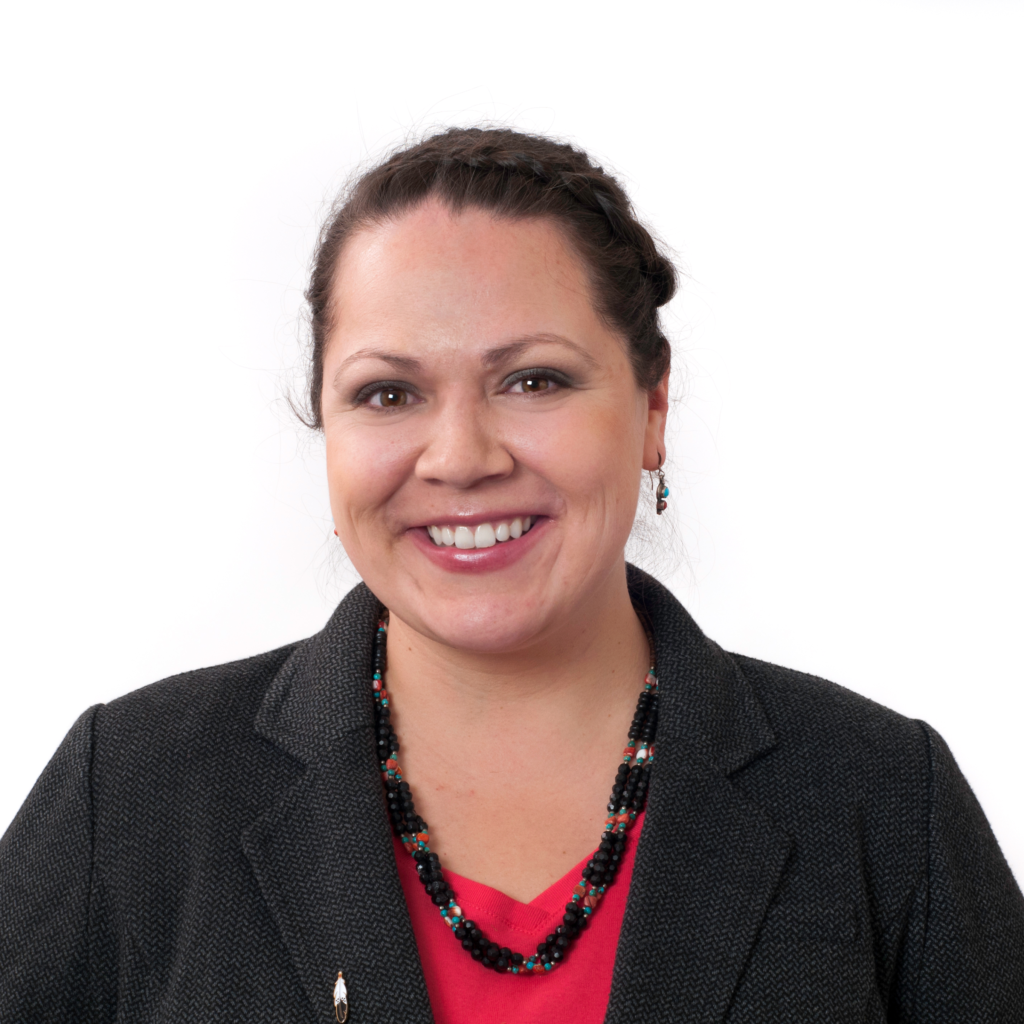
Susan Beaulieu
Panelist
Susan is an Anishinaabe citizen of the Red Lake Nation and has been working with Indigenous communities for the past 15 years in a variety of capacities including project development, training, and facilitation. She previously served as the Director of Tribal Projects at Minnesota Communities Caring for Children (MCCC) where she developed and implemented the Tribal N.E.A.R. Sciences and Community Wisdom Project. Susan has worked the past 3 years for the University of Minnesota Extension as an Extension Educator, providing resources and support to tribal nations and communities around the state on topics including trauma and toxic stress, ACEs, epigenetics neuroscience, resilience and healing. She is pursuing her PhD in Social and Administrative Pharmacy at the University of Minnesota-College of Pharmacy and received her Master’s in Public Policy degree from the University of Minnesota’s Hubert H. Humphrey Institute. Susan was a 2016 Bush Leadership Fellow focused on learning about generating healing and wellbeing at the individual and collective levels. She is a mother of 4 and resides with her family in central Minnesota.
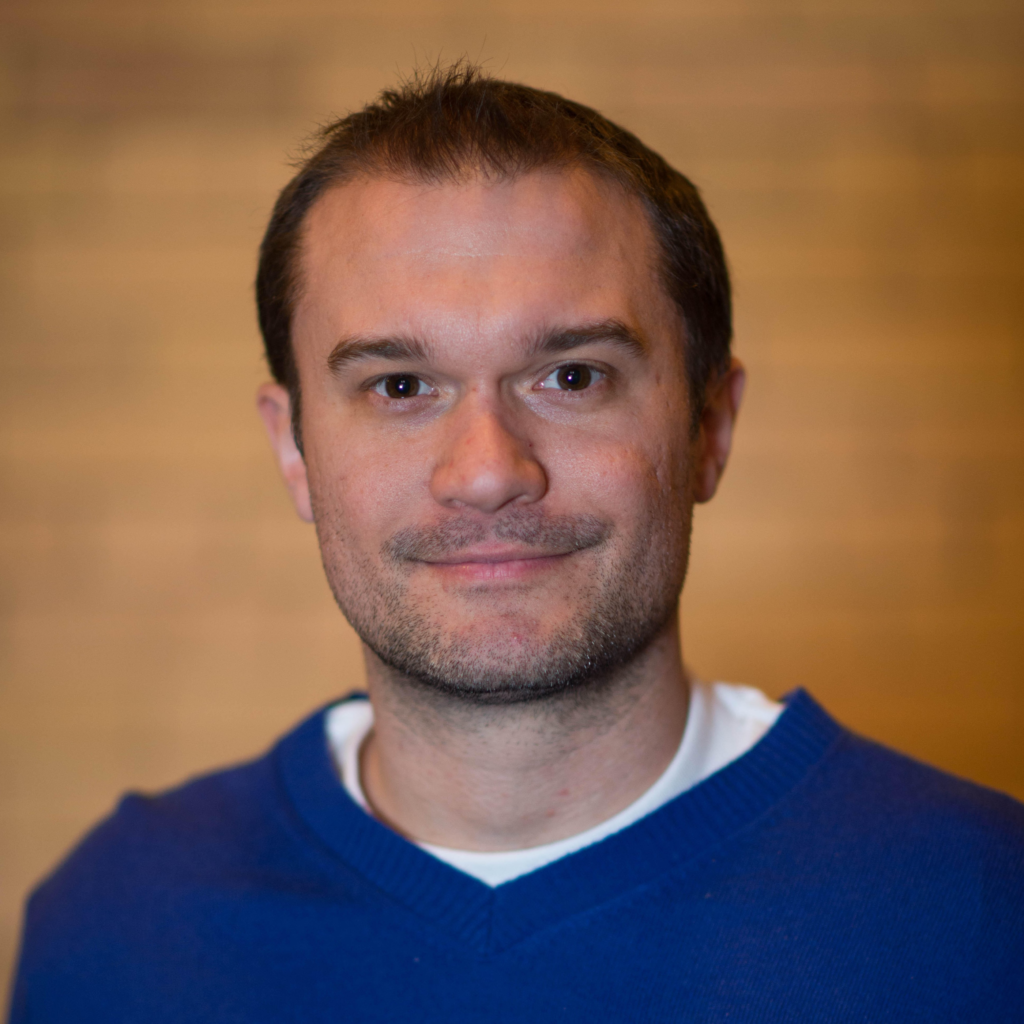
Dr. Marc Blainey
Peer Reviewed Talk
Marc Blainey (RP, PhD) is a cultural anthropologist, psychotherapist, and multi-faith chaplain currently working at the Homewood Health Centre, a psychiatric hospital in Guelph, Ontario. In addition, he is now part of a team of therapists helping run the Braxia psilocybin-for-depression clinical trial in Toronto. His research background includes the recent release of a book about spiritual healing in the Ayahuasca church of Santo Daime, published with SUNY Press' series in Transpersonal and Humanistic Psychology: “Christ Returns from the Jungle: Ayahuasca Religion as Mystical Healing”. For the abstract, excerpt, and table of contents of this book, see the SUNY Press website here: https://sunypress.edu/Books/C/Christ-Returns-from-the-Jungle
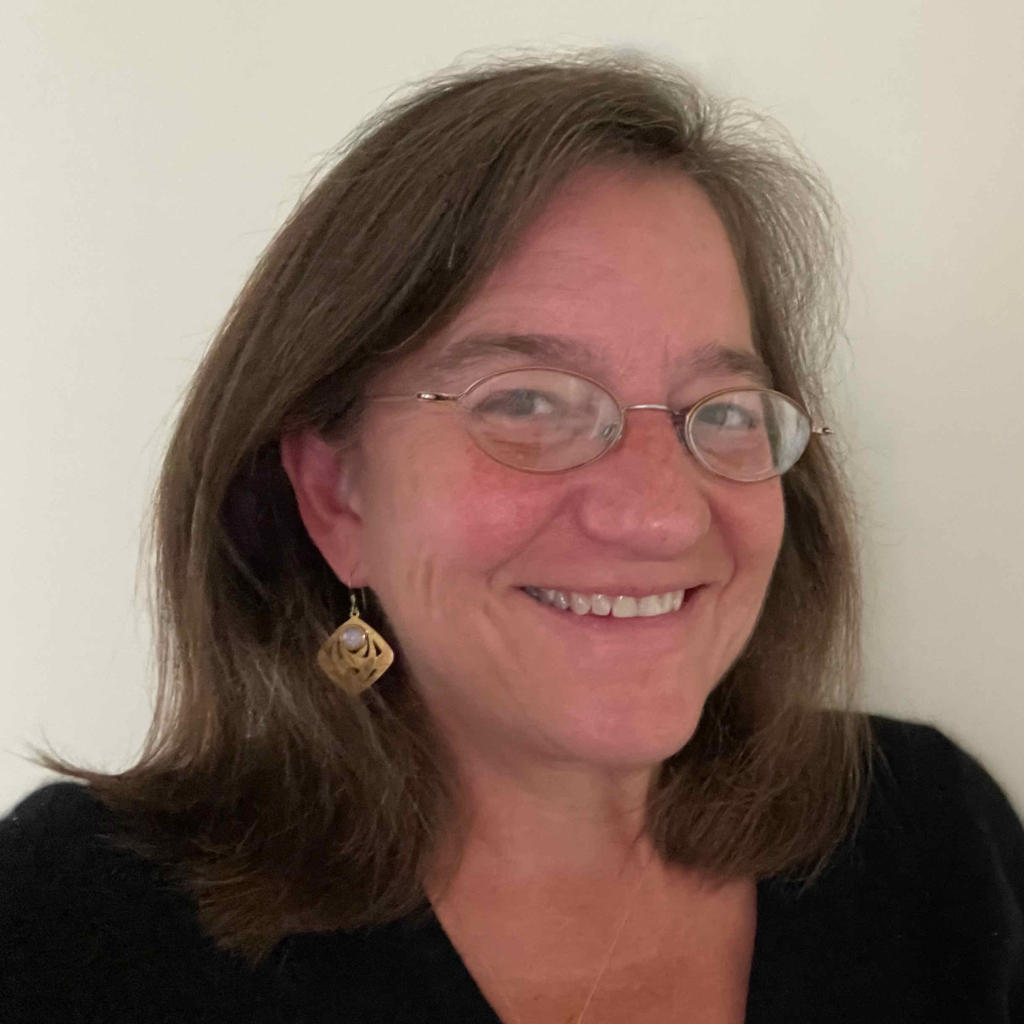
Dr. Katherine Bonson
Oppen Ceremony
Dr. Katherine Bonson is one of the founding members of the Controlled Substance Staff (CSS) at FDA. She has a Ph.D. in pharmacology from SUNY-Buffalo and a bachelor’s degree in psychology and English from the University of Iowa. After receiving her doctorate, she conducted research on drugs of abuse, first in animals at the National Institute of Mental Health (NIMH), and then in humans at the Brain Imaging Unit of the National Institute on Drug Abuse (NIDA), and at the Behavioral Pharmacology Research Unit of the Department of Psychiatry at Johns Hopkins University. Since CSS was created in 2000, Dr. Bonson has been instrumental in creating regulatory science policy involving drugs of abuse, with a special emphasis on psychedelics. She was also the primary author of the 2017 FDA Guidance for Industry: Assessment of the Abuse Potential of Drugs.
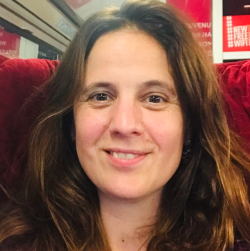
Dr. Florence Butlen-Ducuing
Panelist
Florence Butlen-Ducuing has a background in clinical psychiatry as well as in neurosciences. She worked at both the teaching hospital and the medical school in Paris-France then joined the European Medicine Agency (EMA) as Scientific Senior Specialist in Psychiatry and Mental Health in the Human Medicines Division. One of her scientific and regulatory topics of interest is to try and understand better the challenges faced by clinical trials in the field of psychiatry, so we can foster innovation and develop better, safer and more personalized treatments for the patients with mental disorders.

Stacia Butterfield
Master of Ceremonies
Stacia Butterfield certified as a Holotropic Breathwork practitioner in 2005, joined the Grof Transpersonal Training staff in 2006, and has been regularly facilitating six- day residential retreats and weekend workshops across the U.S. since. She has also worked closely with Stanislav Grof bringing Holotropic Breathwork and the healing potential of non-ordinary states to large public groups and a variety of academic and professional settings, including California Institute of Integral Studies, Tel Aviv University, MAPS Psychedelic Science 2013 & 2017 conferences, Sophia University, Kripalu and the Fetzer Institute. After completing a Somatic practitioner program in 1999, Stacia offered body- centered practices and integration sessions at Healing Visions, an early Ibogaine research clinic in St. Kitts BVI, under the leadership of Dr. Deborah Mash. Additionally, Stacia has held support roles with MAPS MDMA Therapy Training Team in 2017, 2020-2021, The Ketamine Training Center in 2018, and CIIS’s Center for Psychedelic Therapies and Research in 2019-2021. Stacia lives in the San Francisco Bay Area. Her current interests include working with clinicians in their training to become psychedelic therapists; creating experiential and self-care opportunities for educators, activists, artists, and healthcare professionals; integrating emerging or difficult material using the power of story in myth, movies, fairy and folk tales; crafting music sets for transformational work; and most importantly, not just surviving, but thriving while living with a teenager.
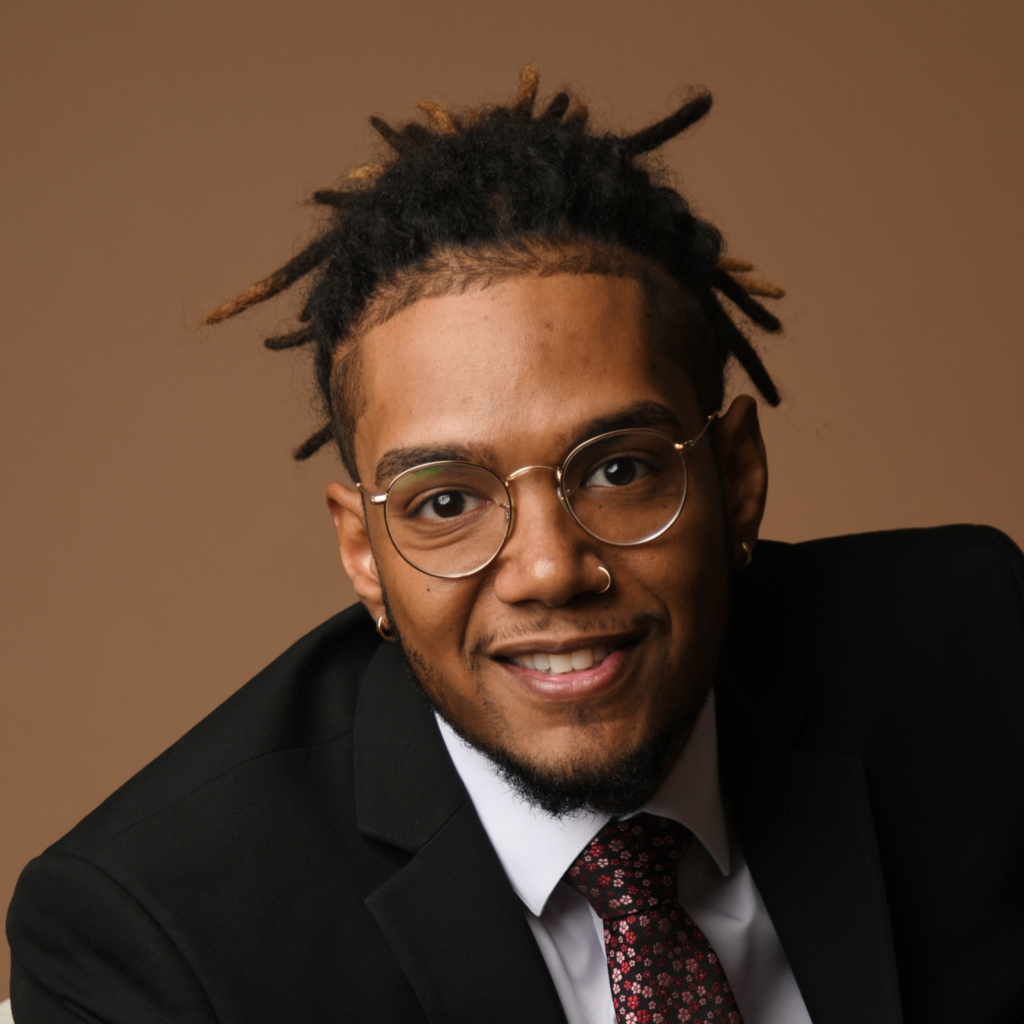
Victor Cabral
Opening Ceremony/Discussant
Victor Cabral, MSW, LSW, CCTP-I (He/Him/His) is a collaborative and strategic leader who is making an impact on historical inequalities in his community and across the United States. Victor serves as the Director of Policy and Regulatory Affairs for Fluence Training, whose mission is to give healthcare providers the clinical skills and knowledge to provide effective, compassionate, evidence-based psychedelic therapy and integration services. Before joining Fluence, Victor served as Deputy Director for the Pennsylvania Governor's Office of Advocacy and Reform where he co-led the implementation of the Trauma-Informed PA Plan, helped establish the first Racial Day of Healing in Pennsylvania history, and developed free trauma trainings for Pennsylvanians in collaboration with internationally recognized experts. He is a systems thinker with expertise in policy and advocacy, BIPOC mental health, Justice, Equity, Diversity, and Inclusion, racial trauma, and is a Licensed Social Worker and practicing psychotherapist with training in Internal Family Systems, and Psychedelic-Assisted Psychotherapy (MDMA and Ketamine). Victor was also listed on the Students for Sensible Drug Policy’s list of ’40 Under 40 Outstanding BIPOC Leaders in Drug Policy in the United States’ for his work in psychedelic policy.
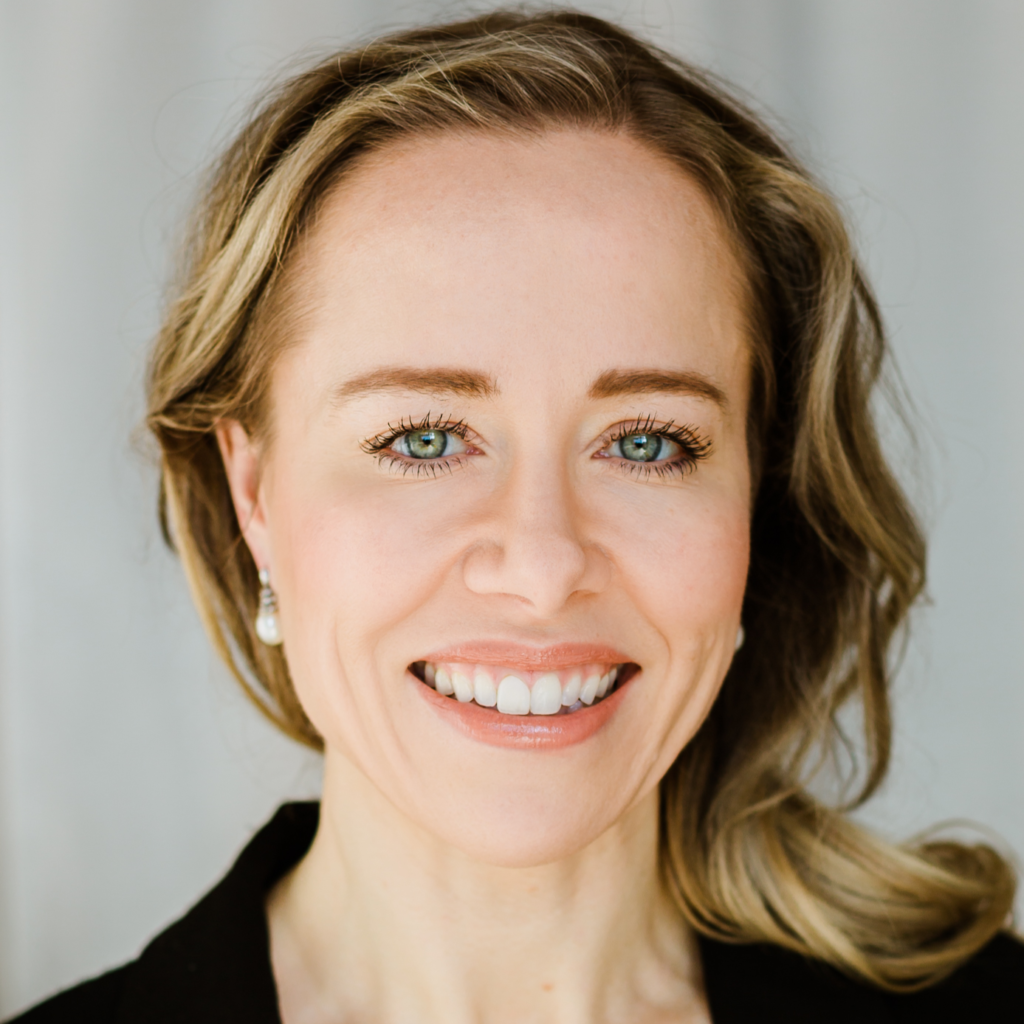
Dr. Devon Christie
Co-Keynote Speaker
Dr. Devon Christie is a medical doctor and registered counsellor with a focused practice in chronic pain and trauma. She is trained to deliver both MDMA-assisted therapy for PTSD and ketamine-assisted psychotherapy, and she is Senior Lead of Psychedelic Programs with Numinus Wellness. Devon is also a certified Mindfulness Based Stress Reduction teacher, Functional Medicine practitioner, and clinical instructor with UBC Family Medicine. She is currently Co-Investigator and study therapist for a Canadian MAPS-sponsored trial investigating MDMA-assisted therapy for PTSD, and co-investigator on a pilot study investigating MDMA-assisted therapy for fibromyalgia. Devon is passionate about educating future psychedelic therapists on trauma-informed, relational somatic skills. She also teaches for the California Institute of Integral Studies (CIIS) Certificate Program in Psychedelic Therapy and Research, the Vital Psychedelic Training, the Integrative Psychiatry Institute Certificate Program in Psychedelic Assisted Therapy, and the ONCA Foundation Psychedelic Therapy program.

Derek Cook
Panelist
Bio coming soon!

Elias Dakwar
Peer Reviewed Talk
Bio coming soon!
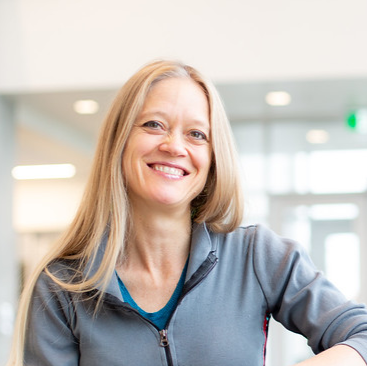
Dr. Shannon Dames
Peer Reviewed Talk
Dr. Shannon spearheaded the development of the theoretical framework for Roots to Thrive. She serves at Vancouver Island University as a nursing professor and resilience researcher. As a byproduct of her doctoral work, which focused on the core factors that promote human flourishing, and as a Health Professional Investigator for the Michael Smith Foundation for Health Research, Dr. Dames is now spearheading the ongoing development and research components of Roots to Thrive (RTT) combined with medicine-assisted therapy.

Dr. Dawn D. Davis
Public Event Panelist
Dawn D. Davis is a mother, a wife, CEO of NativeSci LLC, co-editor of the Journal of Native Sciences, a founding member of Source Research Foundation, a Newe and a citizen of the Shoshone-Bannock Tribes. Dawn is an Indigenous Researcher and educator with a PhD in Natural Resources and Water Resources. Her research has focused on Peyote [Lophophora williamsii] decline and conservation efforts since 2006. Dawn has shared her research among Indigenous, academic, ethnobotanical, and psychedelic audiences nationally and internationally.
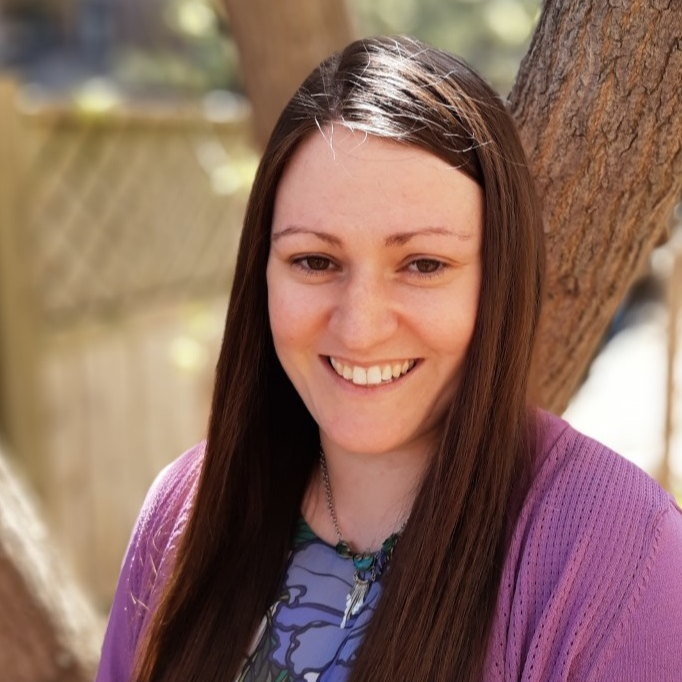
Dr. Sara de la Salle
Peer Reviewed Talk
Dr. Sara de la Salle is a recent graduate of the Experimental Psychology program at the University of Ottawa. Her research has focused on identifying brain correlates of the antidepressant response to single and repeated ketamine infusions in treatment-resistant depression. She has worked with Dr. Monnica Williams on projects relating to the use of psychedelics for the treatment of racial trauma, the ethnopsychopharmacology of psychedelic-assisted psychotherapy, and the prevalence of use of psychedelic substances by people of colour. She has a particular interest in the effects of psychedelic substances on the brain and in identifying predictive factors of treatment response and remission in order to optimize these treatments.

Dr. Andreea Diaconescu
Peer Reviewed Talk
Dr Andreea Diaconescu is an Independent Scientist at the Centre for Addiction and Mental Health (CAMH) and Assistant Professor in the Department of Psychiatry at the University of Toronto. Dr. Diaconescu leads the "Cognitive Network Modeling" group at the Krembil Centre for Neuroinformatics at CAMH. Her research focuses on developing and applying neurocomputational models of cognition (learning and decision-making) for psychosis and suicidality in major depression. Her team is particularly interested in examining the cognitive and neural mechanisms underlying the effects of psychotomimetics (ketamine) and psychedelics (psilocybin, LSD) using mathematical modelling, in order to improve individual treatment response predictions for suicide prevention.
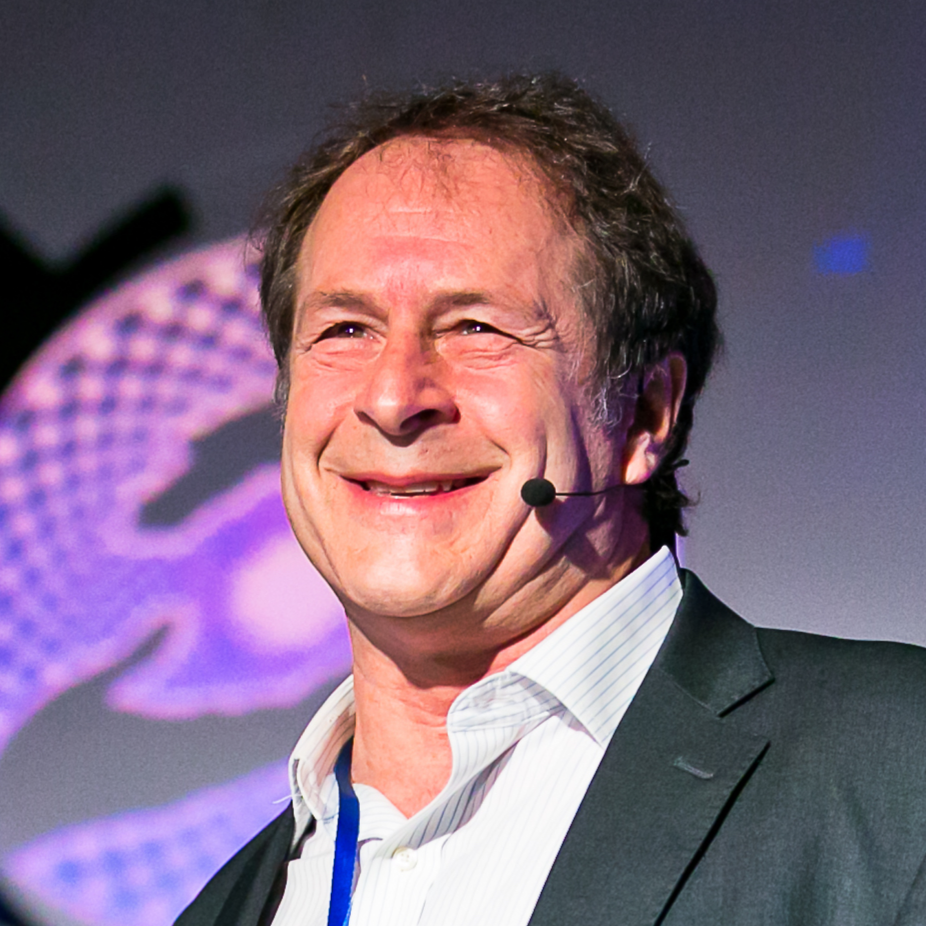
Dr. Rick Doblin
Peer Reviewed Talk/Public Event Panelist
Rick Doblin, Ph.D., is the founder and executive director of the Multidisciplinary Association for Psychedelic Studies (MAPS). He received his doctorate in Public Policy from Harvard’s Kennedy School of Government, where he wrote his dissertation on the regulation of the medical uses of psychedelics and marijuana and his Master’s thesis on a survey of oncologists about smoked marijuana vs. the oral THC pill in nausea control for cancer patients. His undergraduate thesis at New College of Florida was a 25-year follow-up to the classic Good Friday Experiment, which evaluated the potential of psychedelic drugs to catalyze religious experiences. He also conducted a thirty-four year follow-up study to Timothy Leary’s Concord Prison Experiment. Rick studied with Dr. Stanislav Grof and was among the first to be certified as a Holotropic Breathwork practitioner. His professional goal is to help develop legal contexts for the beneficial uses of psychedelics and marijuana, primarily as prescription medicines but also for personal growth for otherwise healthy people, and eventually to become a legally licensed psychedelic therapist. He founded MAPS in 1986, and currently resides in Boston with his wife and three children.

Dr. Manoj Doss
Peer Reviewed Talk
Manoj is a cognitive neuropsychopharmacologist at the Center for Psychedelic and Consciousness Research at Johns Hopkins University. His research is at the intersection of cognitive neuroscience and neuropsychopharmacology with focuses on episodic memory and hallucinogenic drugs. Manoj utilizes complex cognitive paradigms, brain imaging, and computational modelling to explore what makes psychedelics unique compared to other classes of psychoactive drugs in terms of their basic and clinical mechanisms of action. Although Manoj is optimistic that psychedelics will soon have a place in psychiatry, he remains cautious of exaggerated claims and negligence to potential downsides.
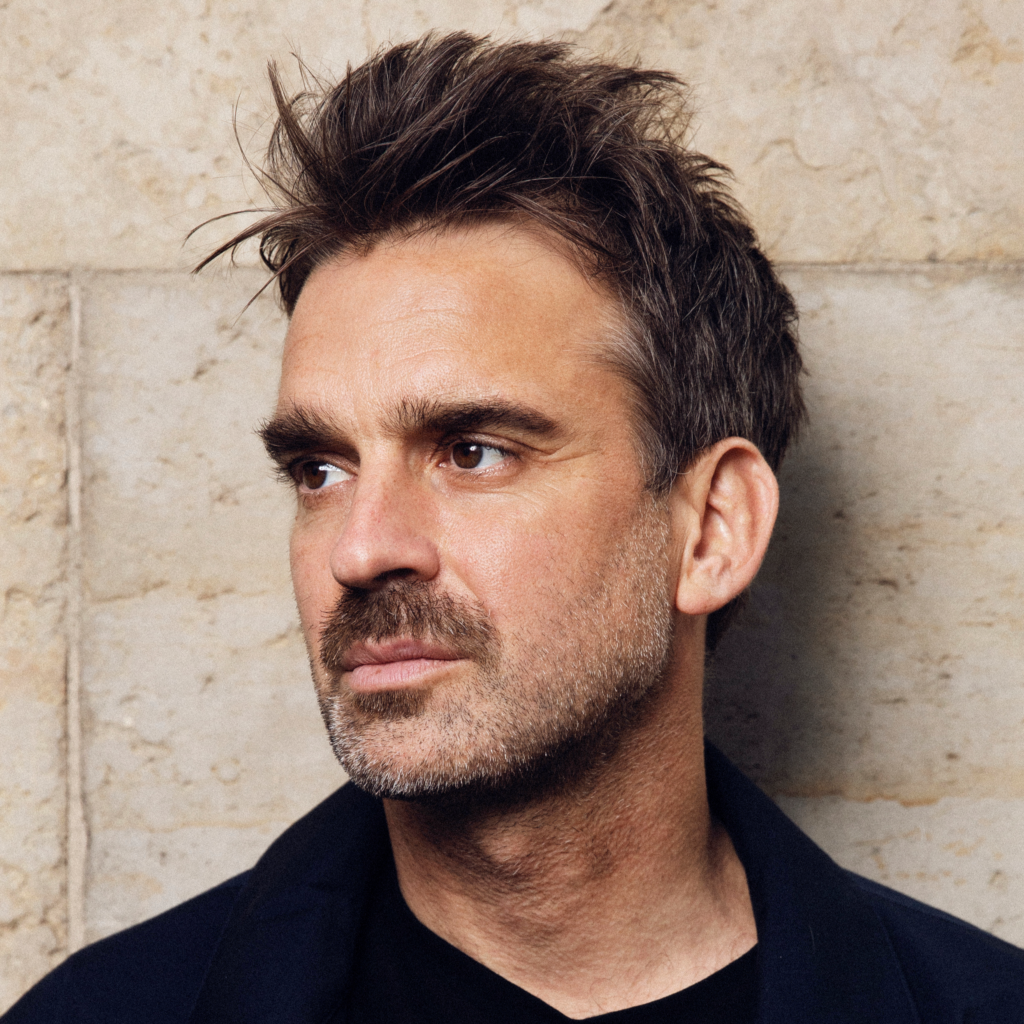
Dr. David Erritzoe
Peer Reviewed Talk
David Erritzoe is Clinical Senior Lecturer and Consultant Psychiatrist at Imperial College London and in CNWL Mental Health NHS Foundation Trust. David conducts psychopharmacological research, using brain-imaging techniques such as PET and MRI. He was trained in PET imaging at Columbia University in New York and later undertook a PhD at University Hospital Rigshospitalet in Copenhagen. Since 2009 he has been involved in post-doc imaging research in the neurobiology of addictions and major depression at Imperial. As Clinical Director and Deputy Head in the Centre for Psychedelic Research, he investigates mechanisms and therapeutic potential of MDMA, ketamine and classic psychedelics [trials in depression, ocd, anorexia nervosa, chronic pain], and in early 2021 David set up a new NHS-based psychopharmacology & psychedelic research Clinic at St Charles Hospital in London, named the CIPPRes Clinic.
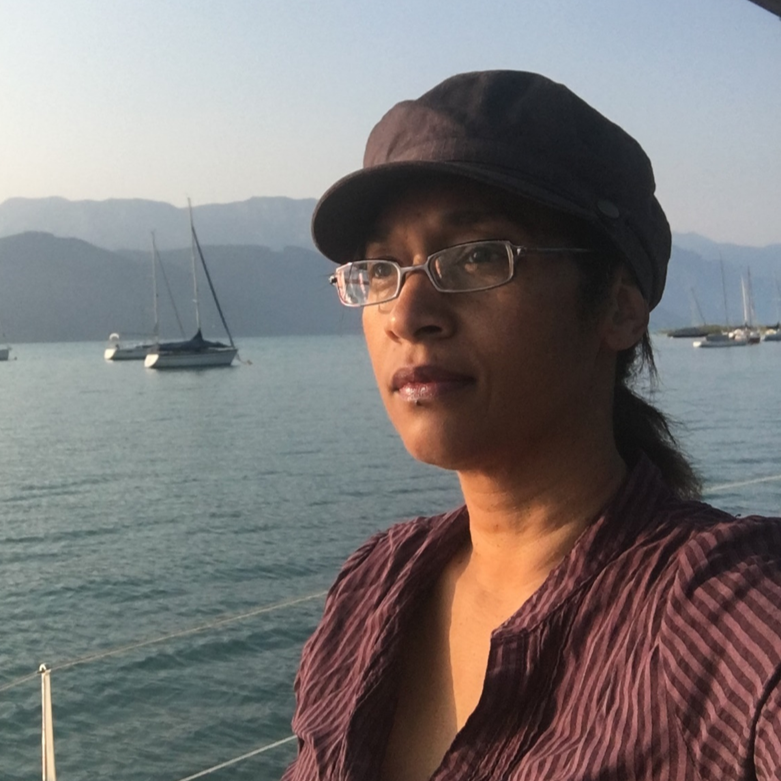
Sonya Faber
Peer Reviewed Talk
Dr. Sonya Faber is an experienced scientist and pharmaceutical professional specializing in bench-to-bedside (translational) clinical development. Having studied at top universities, she has worked in research institutes, biotech firms, and clinical operations for several leading pharmaceutical companies. Her work in protocol design, medical writing, and project management has included pre-clinical and clinical activities for Phase II and III trials across multiple indications. She is highly knowledgeable in scientific product development, particularly for neuroscience applications. Dr. Faber has an interest in clinical pharmacology of psychoactive and psychedelic pharmaceuticals, with a specific interest in issues related to equity and access of psychedelic drugs as they are completing clinical trials establishing efficacy, clearing regulatory hurdles, and moving to market. She serves on the Board of Directors of the non-profit Chacruna Institute for Psychedelic Plant Medicines, which focuses on the indigenous roots and cultural issues related to these substances. She also served on the steering committee for the American Psychedelic Practitioners Association, where she played a key role in its organizational development. She has co-authored over 26 papers in fields ranging from psychology to genetics. She is a partner in the Biotech consulting company Bioville Gmbh and she is currently employed by Angelini Pharma as a Medical Science Liaison in Epilepsy Research. These affiliations are not associated with her interest in social justice or her interest in the psychology of psychedelics. Her presentations reflect her own opinions and are not associated with her employment with Angelini Pharma.

Dr. Jorge Julio González Olvera
Panelist
Dr. Jorge Julio González Olvera, trained as a surgeon at the National Autonomous University of Mexico (UNAM), has a medical specialty in psychiatry within the UNAM Program, is a master of science in the area of Medical Sciences, as well as a Doctor of Science from the same Institution. In addition, he is a Researcher in Medical Sciences "D" by the Ministry of Health; member of the National System of Researchers level I; certified by the Mexican Council of Psychiatry 2018-2023; member of the Society for Neurosciences, Mexican Psychiatric Association, International Union of Anthropological and Ethnological Sciences.

Sophia Gran-Ruaz
Peer Reviewed Talk
Sophia Gran-Ruaz, BSc, is currently completing her Ph.D. in Clinical Psychology at the University of Ottawa. Prior to graduate studies, Sophia completed undergraduate degrees at the University of Ottawa in Biomedical Sciences, with a specialization in Health Science, as well as Psychology, with a specialization in Indigenous Studies. Throughout her post-secondary education Sophia has led, collaborated on, and supported the development of several qualitative and quantitative pieces related to Canadian healthcare and health policy, cultural safety and competency, homelessness, and Indigenous peoples. Most recently, under the supervision of Dr. Monnica Williams, she has been supporting work related to antiracism/allyship, microaggressions, and racial trauma. Clinically, Sophia aspires to work with adults experiencing substance use disorders and/or trauma and stressor related disorders. She is especially interested in supporting clients with stigmatized and marginalized identities to ensure they receive culturally relevant, high-quality care. Further, Sophia has spent 15+ years working closely with vulnerable populations in her community, receiving national recognition for her efforts.
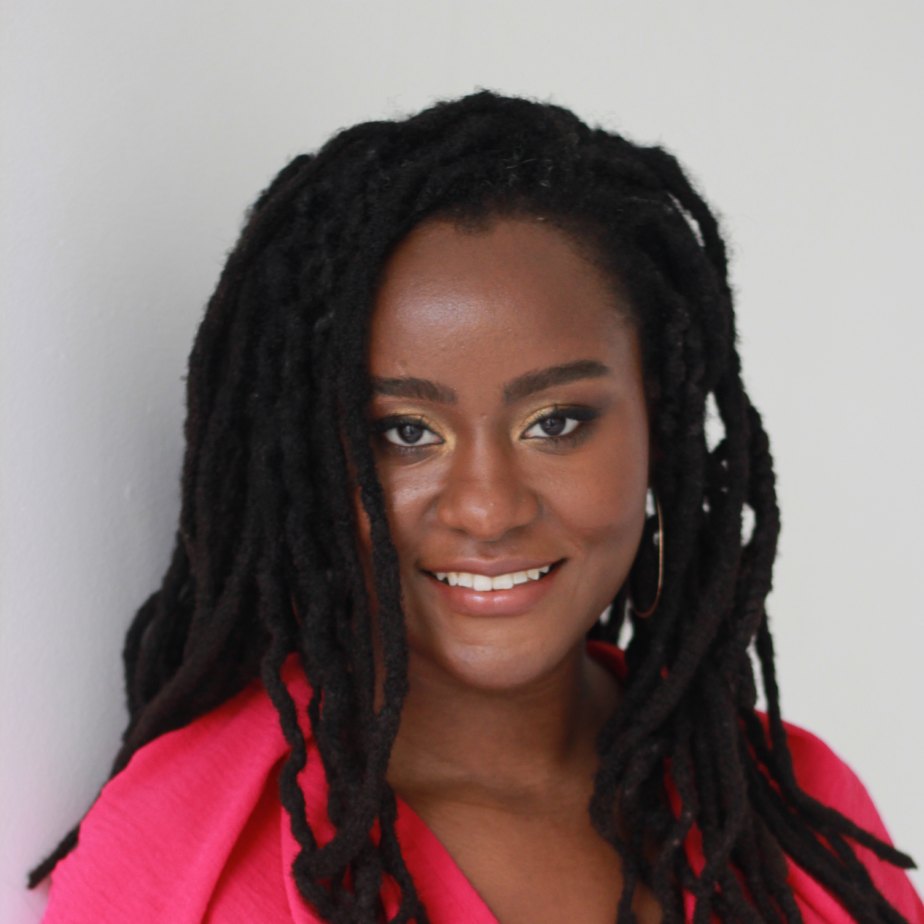
Ifetayo Harvey
Panelist/Public Event Panelist
Ifetayo Harvey is the founder and board president of the People of Color Psychedelic Collective. Ifetayo’s experience of growing up with her father in prison brought her to drug policy reform work at the Drug Policy Alliance. In 2013, Ifetayo was the opening plenary speaker at the International Drug Policy Reform Conference in Denver, Colorado. Ifetayo briefly worked at the Multidisciplinary Association for Psychedelic Studies in 2015. Ifetayo worked at the Drug Policy Alliance (DPA) for five years because of her passion for ending the war on drugs. While at DPA, Ifetayo penned the piece Why the Psychedelic Community Is So White in 2016 and began organizing other folks of color and allies in psychedelic circles. Ifetayo is from Charleston, South Carolina. She has a Bachelor’s degree from Smith College in history and African studies.
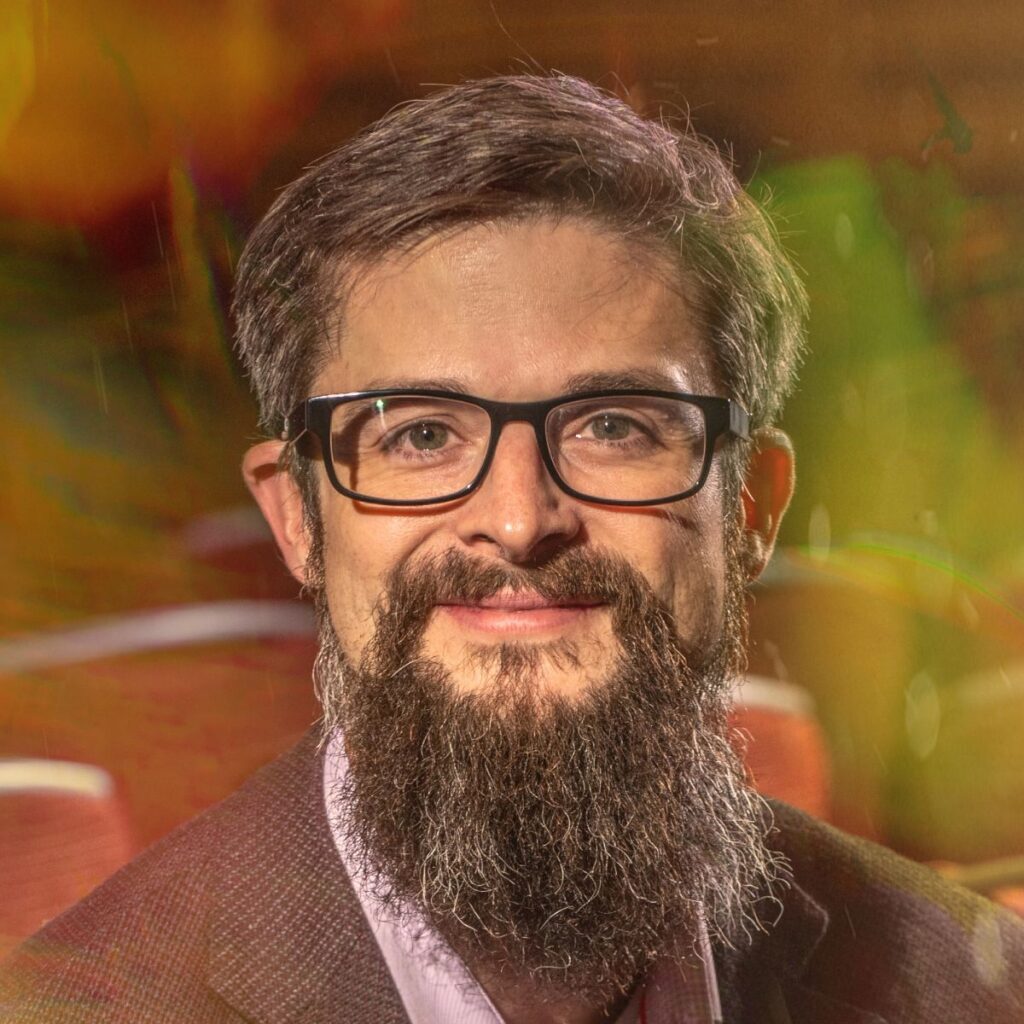
Dr. Matthew Johnson
Keynote Speaker
Dr. Matthew W. Johnson is a professor and Associate Director for the Center for Psychedelics & Consciousness Research at Johns Hopkins University. He has been researching psychedelics since 2004, and his early work played a major role in the resurrection of psychedelic research. In recent years, Dr. Johnson has orchestrated some of the most widely cited studies of psychedelic research including the world’s first clinical investigation into psychedelic treatment of tobacco addiction (2014), as well as the largest study to date on the use of psilocybin as a treatment for cancer-related depression and anxiety (2016). He is a founding member and the current president of the International Society for Research on Psychedelics and has served as president for the Psychopharmacology and Substance Abuse Division of the American Psychological Association. Today, he stands as one of the world’s most published scientists on the human effects of psychedelics, and has conducted seminal research in the behavioral economics of drug use, addiction, and risk behavior.

Maggie Kiraga
Peer Reviewed Talk
I first graduated with MSc in Clinical Psychology from the University of Ghent, Belgium, where I worked with clinical populations in a psychiatric hospital. This experience made me aware of some of the shortcomings of the mental health system and motivated me to search for ways to overcome them. I have decided to enroll in the MSc in Neuropsychology at the University of Maastricht, where I plunged into the research on the effects of illicit substances on general well-being and cognitive functioning. Visits to the sites of Ayahuasca and psilocybin studies resulted in a deeper fascination with the field of psychedelic research and inspired me to stay engaged with the field. Since the beginning of last year, I have worked at a tech start-up that is designed to disrupt and democratize health research. I am involved in the development of a range of psychedelic and non-psychedelic studies using mobile-access tools that empower researchers to decentrally build, distribute and administer studies.

Dr. Sukhpreet Klaire
Discussant
Dr. Sukhpreet Klaire is a Canadian Addiction Medicine physician at St. Paul’s Hospital in Vancouver and a Clinical Instructor within the University of British Columbia’s Department of Family Practice. He has acted as the site Principal Investigator for mutiple phase-3 clinical trials of MDMA-assisted psychotherapy for PTSD. His clinical and research interests include novel treatment approaches for opioid use disorder and the integration of substance use disorder treatment to primary care settings.

David Kryszajtys
Peer Reviewed Talk
Bio coming soon!
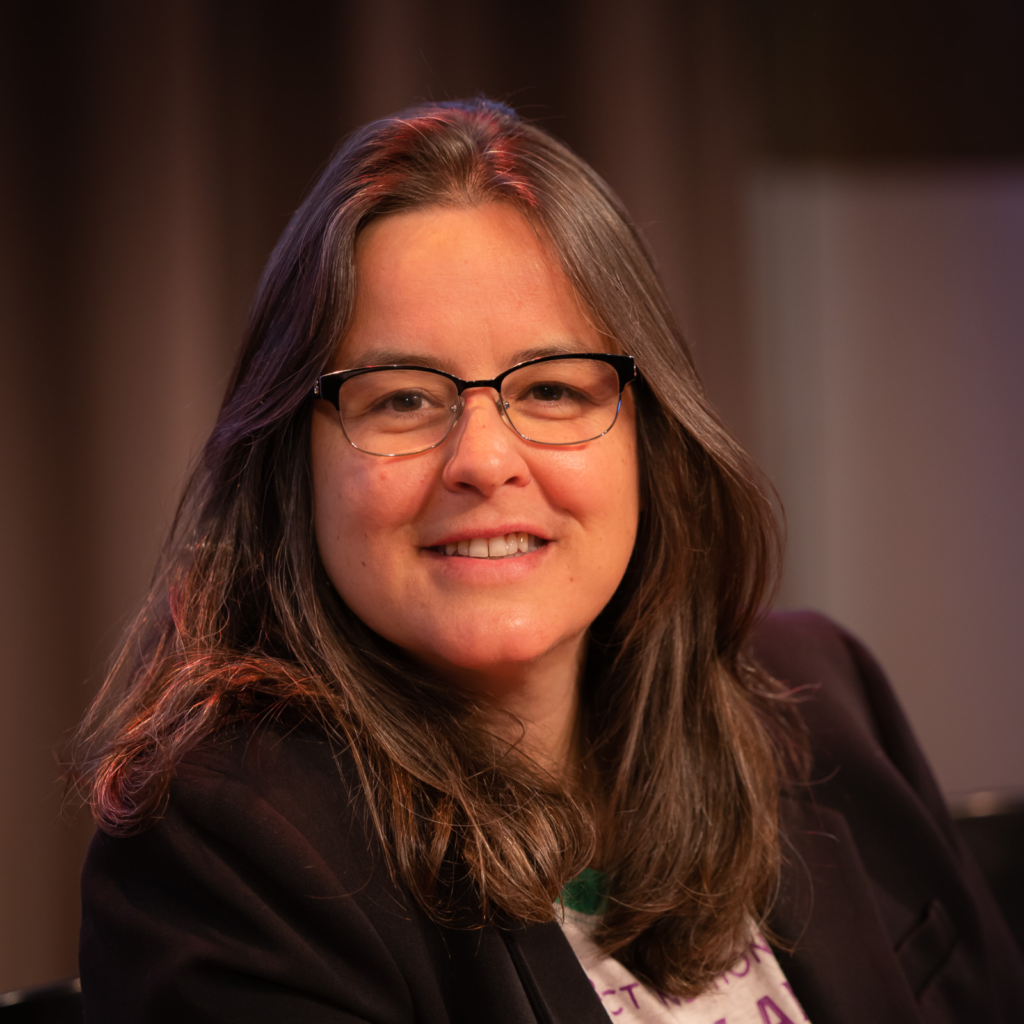
Dr. Bia Labate
Closing Remarks
Dr. Beatriz Caiuby Labate (Bia Labate) is a queer Brazilian anthropologist based in San Francisco. She has a Ph.D. in social anthropology from the State University of Campinas (UNICAMP), Brazil. Her main areas of interest are the study of plant medicines, drug policy, shamanism, ritual, religion, and social justice. She is Executive Director of the Chacruna Institute for Psychedelic Plant Medicines (http://chacruna.net, https://chacruna-iri.org, https://chacruna-la.org) and serves as Public Education and Culture Specialist at the Multidisciplinary Association for Psychedelic Studies (MAPS). She is also Adjunct Faculty at the East-West Psychology Program at the California Institute of Integral Studies (CIIS) and Visiting Scholar at Naropa University’s Center for Psychedelic Studies. Additionally, she is member of the Oregon Psilocybin Advisory Board’s Research Subcommittee, and Advisor at the Synthesis Institute and at InnerTrek. Dr. Labate is a co-founder of the Interdisciplinary Group for Psychoactive Studies (NEIP) in Brazil and editor of its site since. She is author, co-author, and co-editor of twenty-four books, two special-edition journals, and several peer-reviewed articles (https://bialabate.net).

Dr. Sisi Li
Peer Reviewed Talk
Sisi Li, Ph.D. is a Data Architect and lead the data archival team at Porta Sophia, a non-profit online library for innovators and patent reviewers to find relevant prior art in the field of psychedelics. Porta Sophia’s mission is to protect the public domain, stimulate innovation, and support good patents to assure psychedelic therapies can one day be available at scale to the people who need them. Sisi received her Ph.D. in Neuroscience from the University of Wisconsin – Madison, where her research focused on better understanding the epigenetic and molecular mechanisms underlying depression and anxiety disorders. She previously worked for 3 years as a R&D Research Scientist at Gregor Diagnostics, a prostate cancer diagnostics startup. She co-founded the BioForward Woman in Biohealth (WiB) mentoring program and is on the WiB steering committee, she is passionate about creating more connections among women in the biohealth community.

Walter Lindstone
Opening Ceremony
Walter Lindstone is Anishinaabe, originally from Batchewana First Nation, and has been residing in Toronto the last 42 years. The spirit name he carries is ‘K’okomis Shkawbaywis’, which translates to ‘Your Grandmother’s Helper’ and is of the ‘Martin Clan’. Walter is the proud father of six children and enjoys participating and facilitating Aboriginal ceremonial work in the community. Mr. Lindstone has been working in the areas of Aboriginal homelessness, mental health, and addictions in Greater Toronto Area over the last two decades and enjoys this work immensely. Walter’s past work was with CAMH, Aboriginal Services as a Social Worker (Addiction Therapist) for 5 years and is now happy to be a part of the Shkaabe Makwa team as an ‘Implementation Specialist’. Walter possesses a B.A. from the University of Toronto specializing in Aboriginal Studies, a B.S.W. from First Nations Technical Institute (Ryerson University), a M.S.W. from Wilfred Laurier, and completed course work toward a PhD at the Faculty of Social Work at U of T.
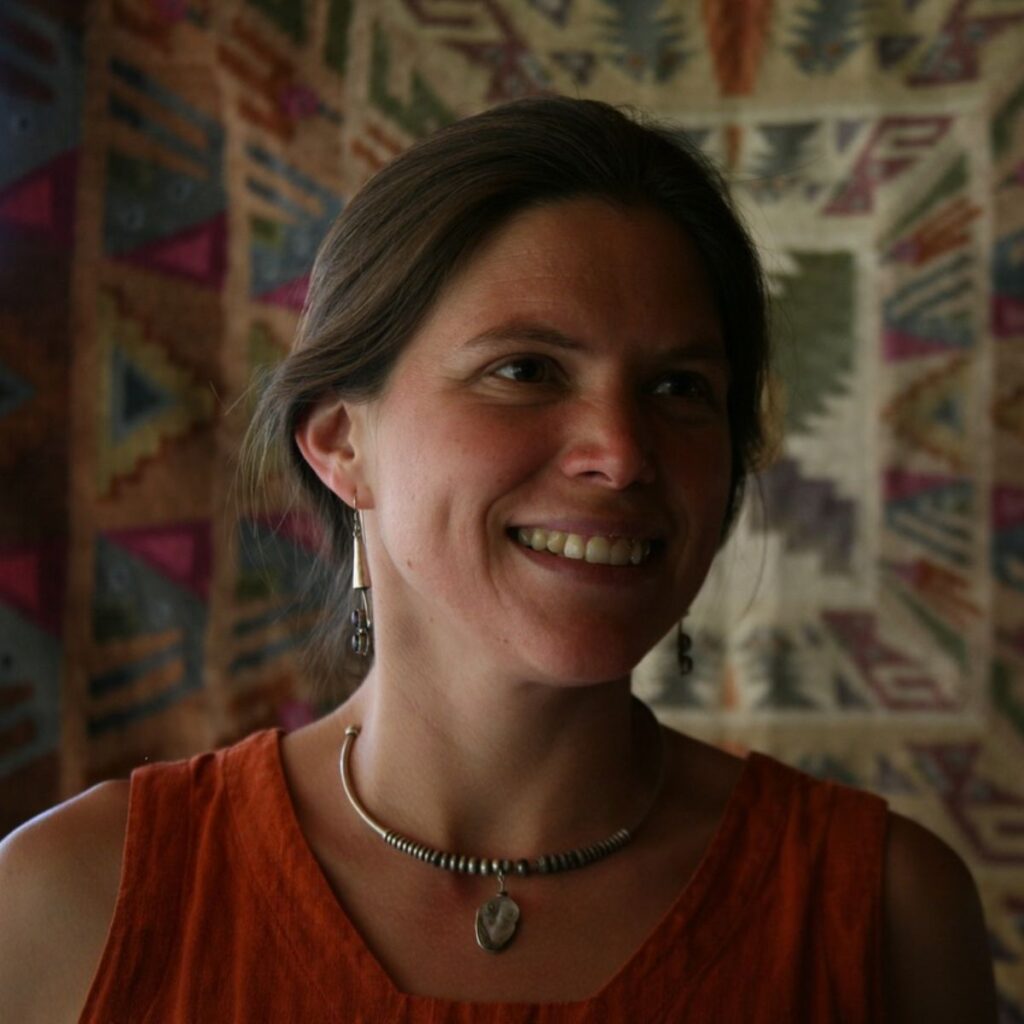
Dr. Anja Loizaga-Velder
Keynote Speaker/Panelist
Dr. Anja Loizaga-Velder is a German-Mexican clinical psychologist whose research into the therapeutic potential of ritual psychedelic plant use spans more than two decades. She serves as Director of Research and Psychotherapy at the Nierika Institute for Intercultural Medicine and is currently collaborating on the Ayahuasca Treatment Outcome Project, which aims to validate the effectiveness of Ayahuasca and traditional Amazonian medicine for the treatment of addictions. Loizaga-Velder is also an adjunct professor of Humanities in Health at the National Autonomous University of Mexico, where she works to implement clinical research in evaluating the therapeutic efficacy of sacred plants in intercultural therapeutic settings. Her work aims to preserve and amplify the wisdom of precolonial Amazonian and Mesoamerican traditions while cultivating a respectful and productive dialogue between western medicine and indigenous healers.
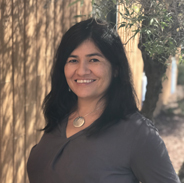
Rainbow Lopez
Panelist
Rainbow Lopez was born and raised on the Tohono O’odham Nation (Desert People) in the Sonoran desert of SW Arizona. She grew up in several different cultures, due to her bi racial background. She spent summers with her Native American grandparents who taught her the old traditional ways of living off the land and since the age of 12, Rainbow spent summers in Dijon, France with her mother’s sister. In her travels, she continued learning about food nutrition and health, from the different cultures she encountered. Rainbow graduated with a Bachelor’s degree in Political Science and French from the University of Arizona. She later received her Master’s degree in American Indian Studies for Law and Policy (AIS) from the same school and planned to go to Law School to become a policy maker for her Nation. Her father’s cancer diagnosis was a turning point for her. In November 2016 she received her certification as a Nutritional Therapist Practitioner (NTP) and is currently working as a Nutritional Health Coach (NHC) for Natural Grocers Vitamin Cottage. She is also setting up a private practice called Rainbows Wellness, where she aspires to continue to educate indigenous people and those of all walks of life, on the importance of healthy delicious foods and lifestyles.
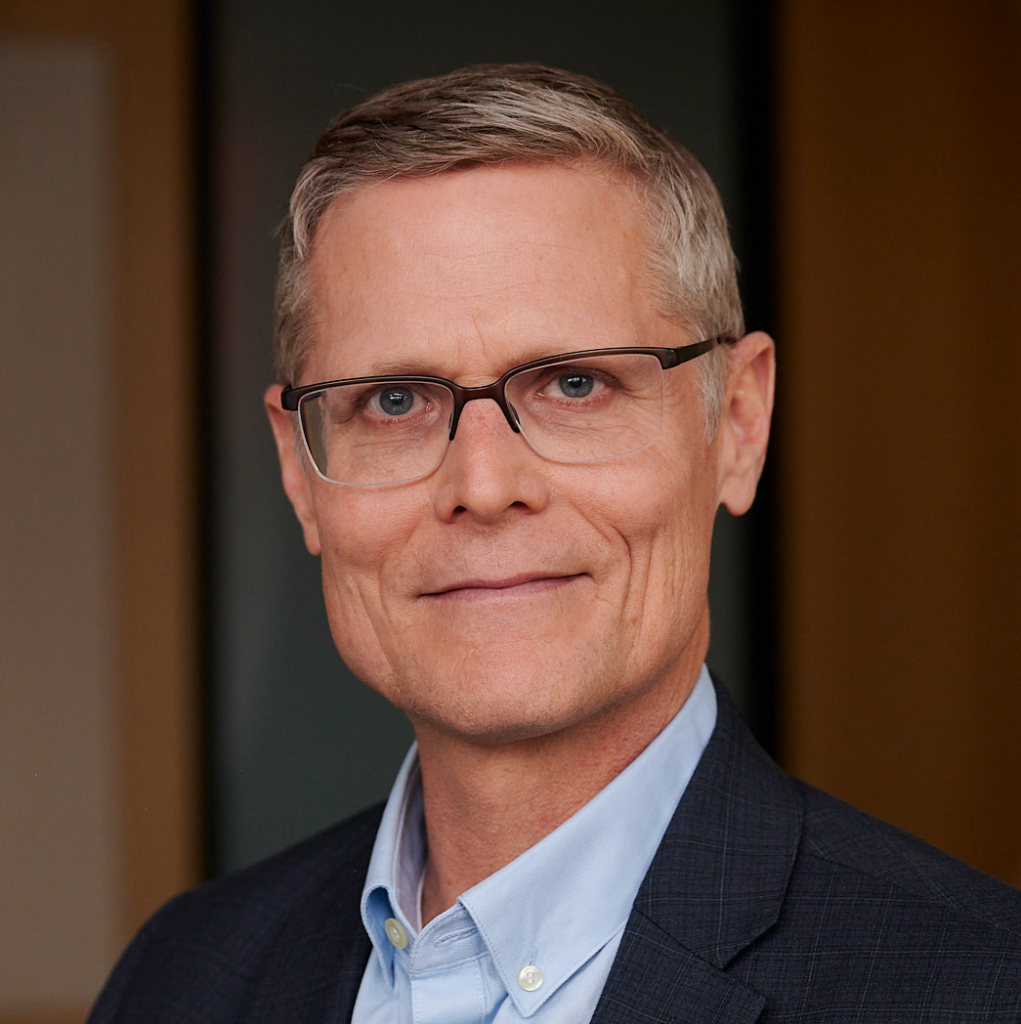
Dr. Philippe Lucas
Peer Reviewed Talk
Philippe Lucas PhD is a cannabis and psychedelic researcher and President of SABI Mind, a clinic group focused on increasing access to psychedelic-assisted therapy in the treatment of mental health, pain and problematic substance use. Philippe was founder of the Vancouver Island Compassion Society, one of Canada’s first medical cannabis dispensaries, and a founding Board member of the Multidisciplinary Association of Psychedelic Studies Canada. More recently he worked as VP, Global Patient Research & Access at Tilray, where he oversaw a comprehensive international clinical and observational cannabis research program. Philippe has been invited to present his research before the Canadian House of Commons and Senate on numerous occasions, and has received a number of accolades for his work, including the Americans for Safe Access Researcher of the Year Award 2021, the Cannabis Council of Canada Lifetime Achievement Award, and the Queen Elizabeth II Diamond Jubilee Medal.
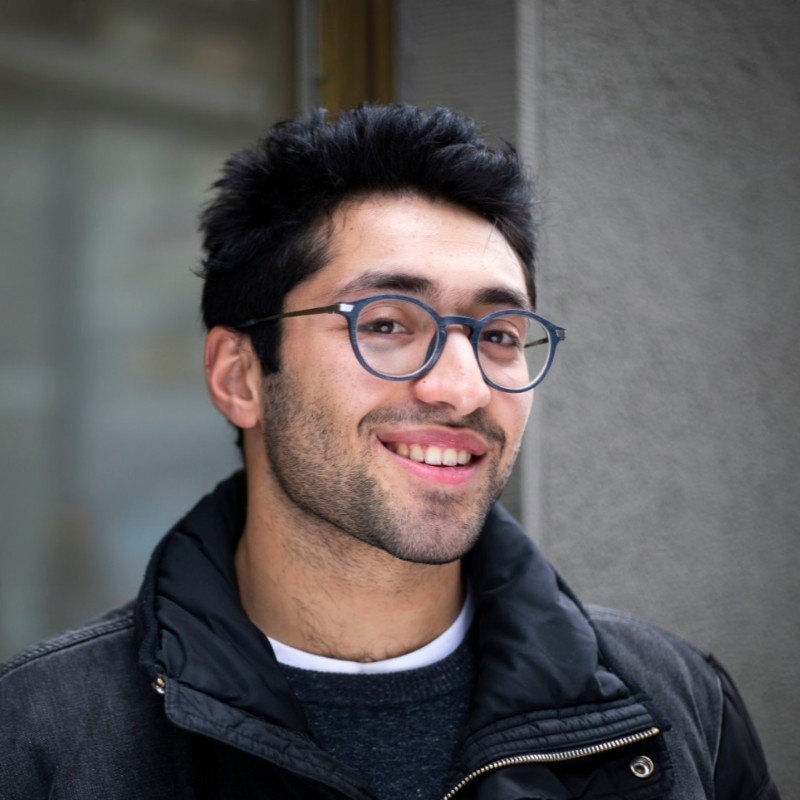
Svĕt Lustig Vijay
Peer Reviewed Talk
Svet is pursuing an MSC in Public Health at the London School of Hygiene & Tropical Medicine. His research is focused on contributing to the decolonization of Ayahuasca research by actively engaging with emic perspectives held by marginalized groups, which are commonly ignored by biomedicine. His research contributes to redressing epistemic injustice in global health, which ultimately, has the potential to benefit marginalized groups in the long-run.
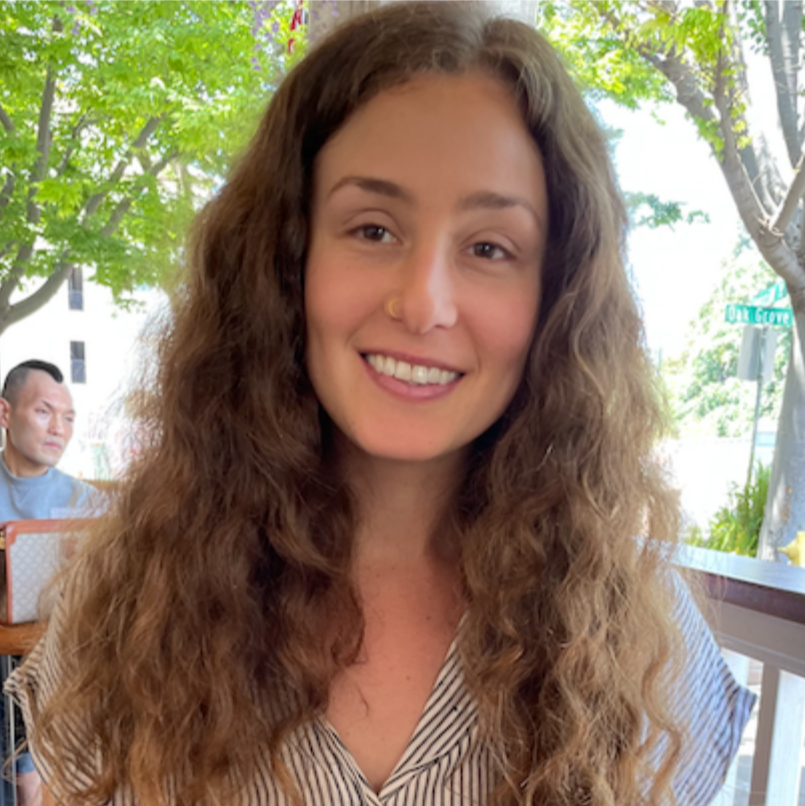
Dr. Olivia Marcus
Peer Reviewed Talk/Public Event Panelist
Olivia Marcus (she/her) completed her Phd in Medical Anthropology from the University of Connecticut and an MPH in sociomedical sciences from Columbia University. She is a postdoctoral fellow at the NYU Rory Meyers College of Nursing, funded by the National Institute on Drug Abuse (5T32 DA007233), where she is conducting mixed-methods research on the design and evaluation of complex interventions to address addiction recovery and mental health issues in Indigenous/First Nations communities in Mexico and Canada. She is also working to co-develop a survey on integration practices among people who drink ayahuasca in the US and Canada. For the past few years, she has led the qualitative component of the mixed-methods Ayahuasca Treatment Outcome Project to assess outcomes for addiction recovery in an all-male therapeutic community in Peru. Olivia conducted her doctoral fieldwork in the upper Peruvian Amazon, where she investigated perceptions of mental wellness and healing among mestizo curanderos (i.e., vegetalistas) and their clientele.
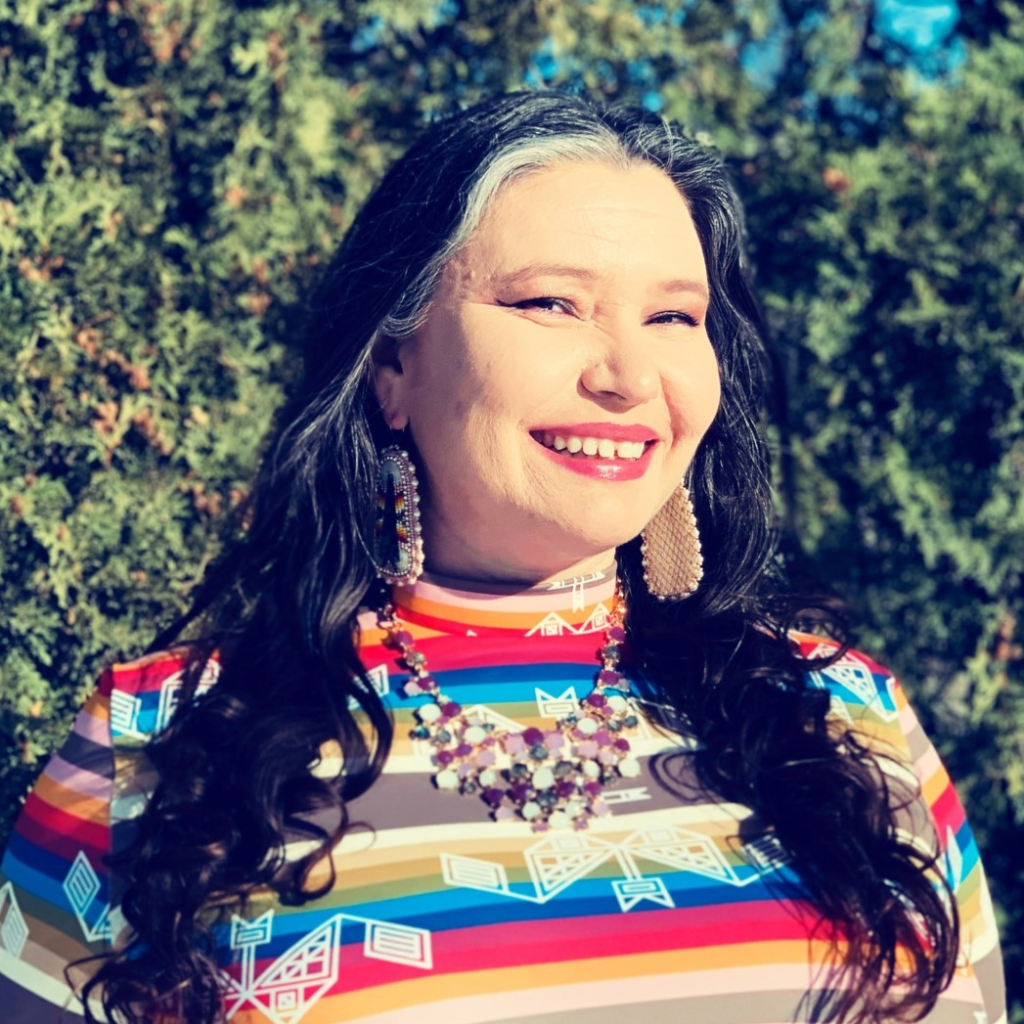
Christine McCleave
Panelist
Christine Diindiisi McCleave is an Indigenous scholar and activist enrolled in Turtle Mountain Ojibwe Nation. She is the former CEO of the National Native American Boarding School Healing Coalition and is currently a doctoral student in Indigenous Studies at University of Alaska Fairbanks with a focus on using entheogenic plant medicines to heal Indigenous historical trauma. Her Master's thesis covered the spectrum of spiritual practices between traditional Native spirituality and Christianity and Indian activism today. She has pioneered an unprecedented national research scope, spoken at the UN in Geneva, and helped write the bill for a truth and healing commission in the U.S. Her work continues to concentrate on the intersection of cultural, political, and spiritual agency for global Indigenous Rights and the neuroscience of Indigenous historical trauma as a generational survivor of genocidal U.S. Indian Boarding Schools.
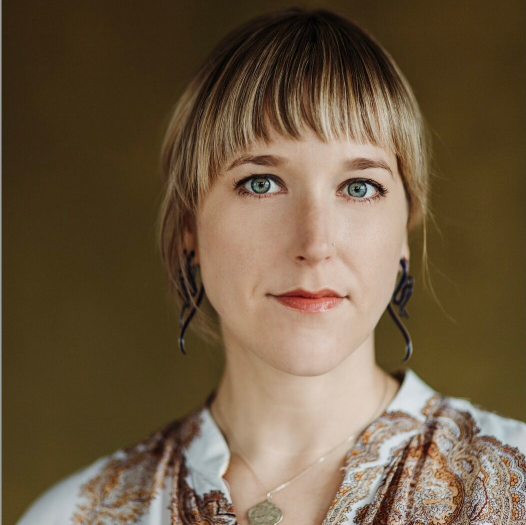
Dr. Dominique Morisano
Moderator/Co-Founder
Dominique Morisano, PhD, CPsych is a clinical psychologist, professor, and researcher. She holds academic appointments at the Centre for Addiction and Mental Health (Collaborator Scientist), University of Ottawa/University of Toronto (Adjunct Professor), and Erasmus University Rotterdam (Visiting Scholar). She has completed extensive training in psychedelic-assisted psychotherapies including the CIIS Certificate in Psychedelic Assisted Therapies and Research, as well as training from MAPS (MDMA), Compass (psilocybin), Polaris (ketamine), and the Ketamine Training Center. She is a Special Advisor at Field Trip Health, where she was previously Chief Psychologist (USA) and VP of Therapeutic Growth and Innovation (global). She currently runs a trauma/addiction focused private practice in Toronto and NYC and is a consultant for several companies in the psychedelic-therapies space. She is a co-founder and a primary organizer of the R2R2022 conference.
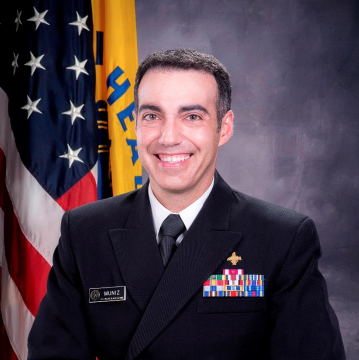
Dr. Javier A. Muniz
Panelist
Dr. Javier A. Muniz completed his psychiatry residency at Mount Sinai Medical Center in New York City in 2004. CDR Muniz joined the United States Air Force and was stationed at Andrews AFB, MD, serving in Afghanistan in the years 2004 and 2005. During his six years at Andrews, CDR Muniz was the director of the outpatient mental health clinic and for the largest substance abuse partial hospitalization program in the USAF. CDR Muniz transitioned into the USPHS in December 2008 and continued his duties for the Department of Defense at Fort Meade, MD, as the Chief of Psychiatry Services for a large Wounded Warrior Program and supporting various national security programs. Since 2014, CDR Muniz has served at the FDA. He initially worked as a medical officer in the Division of Analgesia, Anesthesia, and Addiction Products. Currently, he is the Associate Director at the Division of Psychiatry Products, Office of New Drugs at the FDA. He is also serving as the Capitol Area Team 4 Commander, leading a team of 25 medical professionals supporting the Office of the Attending Physician for hi-visibility events at the US Capitol and DC region.

Dr. Elizabeth Nielson
Peer Reviewed Talk
Dr. Nielson is a psychologist and therapist on clinical trials of psilocybin-assisted treatment of alcohol use disorder and treatment-resistant depression, and currently serves as a site Co-Principal Investigator for the MAPS sponsored Phase 3 Study of MDMA-assisted therapy for PTSD (MAPP2). Working at 3 leading clinical research sites in New York City over the past 7 years, she has built a unique expertise in the practice of psychedelic-assisted therapy, and in training and mentoring fellow clinicians in the delivery of psychedelic-assisted therapy in research settings. Dr. Nielson's research includes qualitative studies of patient experiences in psychedelic-assisted therapy, interview studies of psychedelic therapists, and research on the historical use of LSD in psychotherapist training. In her formal higher education Dr. Nielson studied art, psychology, and evidence-based interventions for drug and alcohol use, including harm reduction, motivational interviewing, community reinforcement, and mindfulness-based therapy. She has pursued extensive post-graduate coursework in foreign languages, Buddhist psychology, and meditation and contemplative practice. Dr. Nielson Co-founded Fluence, a psychedelic-assisted therapy and integration education program for clinicians, in 2019 to bring professional education about psychedelic-assisted therapies to clinicians and broaden access to the field while enhancing the diversity of trained clinicians. She held a postdoctoral fellowship in psychodynamic therapy at Adelphi University and a NIDA funded post-doctoral fellowship in the Behavioral Science Training Program in Drug Abuse Research at NDRI/NYU School of Nursing before her appointment as Assistant Professor of Clinical Medical Psychology (in Psychiatry) at Columbia University Irving Medical Center in 2020.
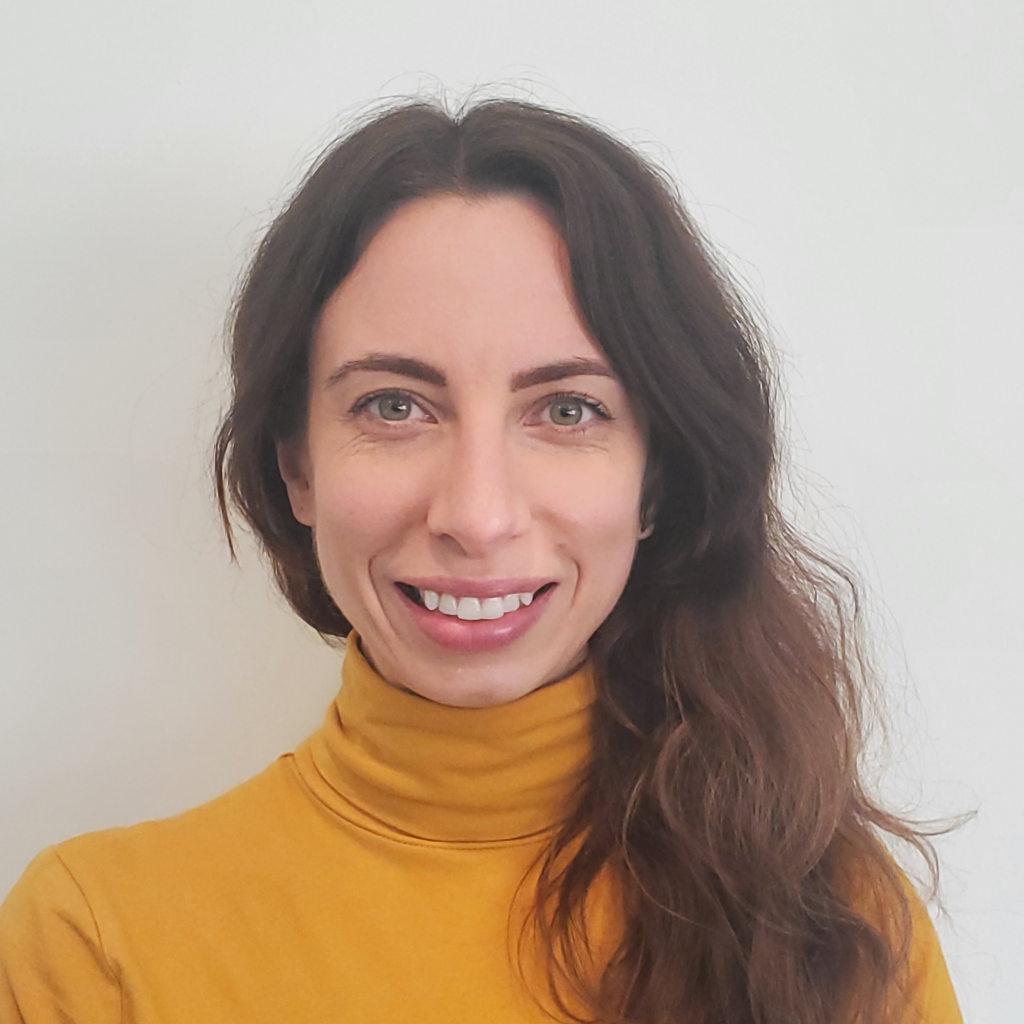
Madison Nobbs
Peer Reviewed Talk
Madison Nobbs is a Registered Nurse based in Vancouver BC, who graduated with a BScN from the University of Alberta in 2012. She has extensive experience in emergency practice in rural and urban settings. She is currently the Program Coordinator for Empower Health, an integrative wellness centre where she has been integral in setting up and running their ketamine assisted therapy program. Madison is currently the Executive Director of the Ketamine Assisted Therapy Association of Canada (KATA). KATA is a not-for-profit organisation of interdisciplinary professionals focused on ketamine policy, research opportunities and supporting ketamine providers to safely deliver ketamine assisted therapy.
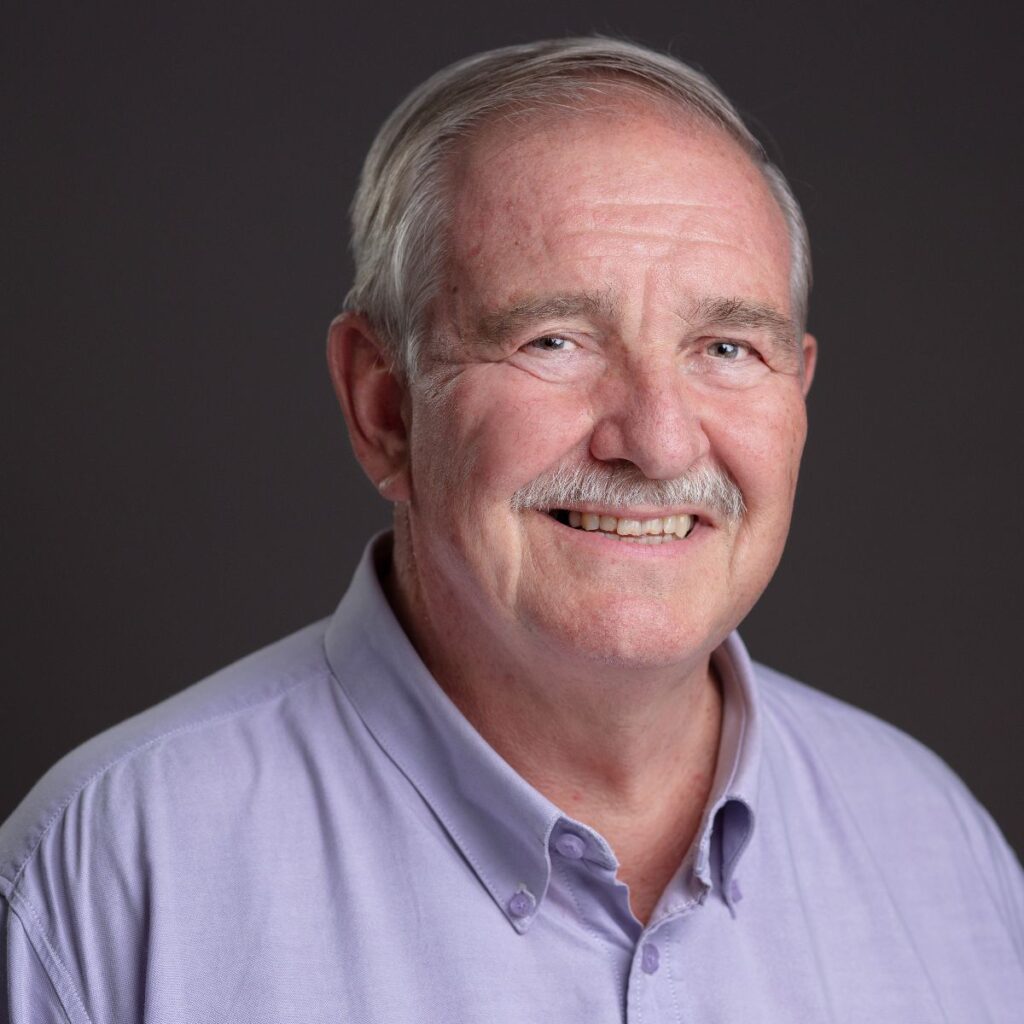
Dr. David Nutt
Keynote Speaker/Public Event Panelist
Professor David Nutt is a British neuropsychopharmacologist, globally renowned for his innovative research on the treatment of anxiety, substance abuse, and sleep disorders. In recent years, Nutt has pioneered psychedelic neuroimaging studies and carried out influential research on the therapeutic application of psilocybin. He is currently an editor of the Journal of Psychopharmacology, president of the European Brain Council, and both the Edmond J Safra Chair in Neuropsychopharmacology and deputy head of the Centre for Psychedelic Research at the Imperial College London. Nutt is the founder of DrugScience, an independent UK-based drugs advisory committee which reviews scientific findings on drug harms. He is a strong advocate of evidence-based drug policy, working tirelessly to bridge the gap between legislators and researchers.
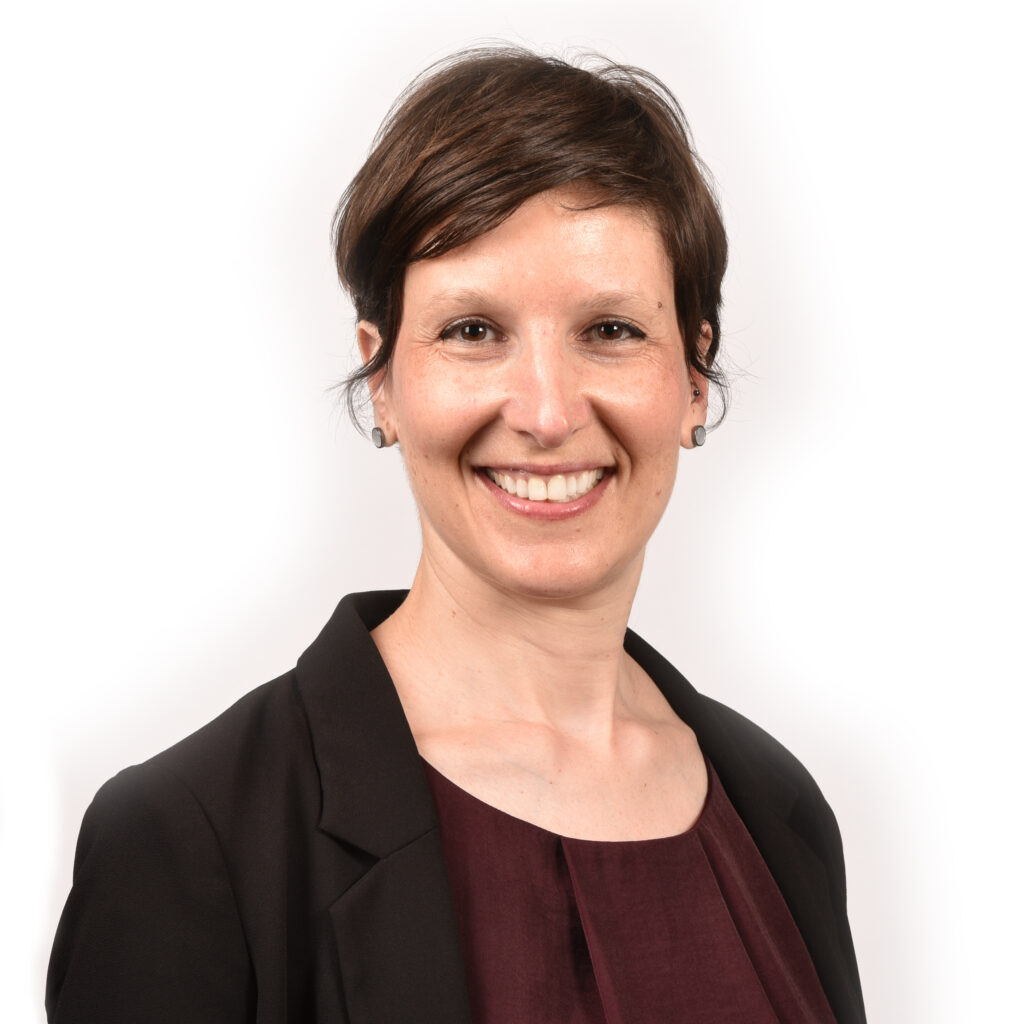
Dr. Doris Payer
Moderator/Co-Founder
Doris Payer is a Knowledge Broker at the Canadian Centre on Substance Use and Addiction (CCSA). She received her PhD in addiction neuroscience from the University of California, Los Angeles (UCLA), and was a clinical research scientist at the Centre for Addiction and Mental Health (CAMH) in Toronto – until 2015, when she left academic research to pursue her passion for knowledge mobilization. She first took on a Neuroscience Advisor role at the Beckley Foundation (Oxford, UK), where she supported evidence-based advocacy for psychedelic science. She has since continued to move knowledge into action, first at the Mental Health Innovation Network (a platform co-led by the Centre for Global Mental Health and the WHO Department for Mental Health and Substance Abuse; London, UK) and now at CCSA, where she has been since 2018.

Rev Dr. Jessica Rochester
Peer Reviewed Talk
Jessica Rochester is an ordained Inter-Faith Minister with a Doctorate in Divinity. She is a transpersonal counsellor, she trained in the work of psychiatrists Roberto Assagioli MD and trained with Stanislav Grof MD. She is an educator who lectures on subjects such as non-ordinary states of consciousness, spiritual development and well-being. Dr. Rochester is the Madrinha of Céu do Montréal, the Santo Daime church she established in 1997. She worked with Health Canada from 2001 until 2017 to achieve the legal right to import and serve the Santo Daime Sacrament, also known as Ayahuasca. She is the author of Ayahuasca Awakening, A Guide to Self-Discovery, Self-Mastery and Self-Care.

Joseph Rootman
Peer Reviewed Talk
Bio coming soon!

Dr. Steve Rosonke
Keynote Speaker
Steve Rosonke MD is the founder of Rainfall Medicine, a healing center in Portland, OR that incorporates ketamine-assisted therapy for childhood trauma, depression, PTSD, anxiety, addiction and chronic pain. In addition, Dr. Rosonke is an ER physician and an addiction medicine specialist. He is also fellowship trained in trauma and critical care. He has been administering ketamine in multiple clinical settings since 2001. He has been training people in ketamine-assisted therapy since 2018 in collaboration with the Ketamine Training Center and the Polaris Insight Center. He is also MAPS trained in MDMA therapy. He has a strong interest in consciousness studies and the healing power of the spiritual and transpersonal realm.
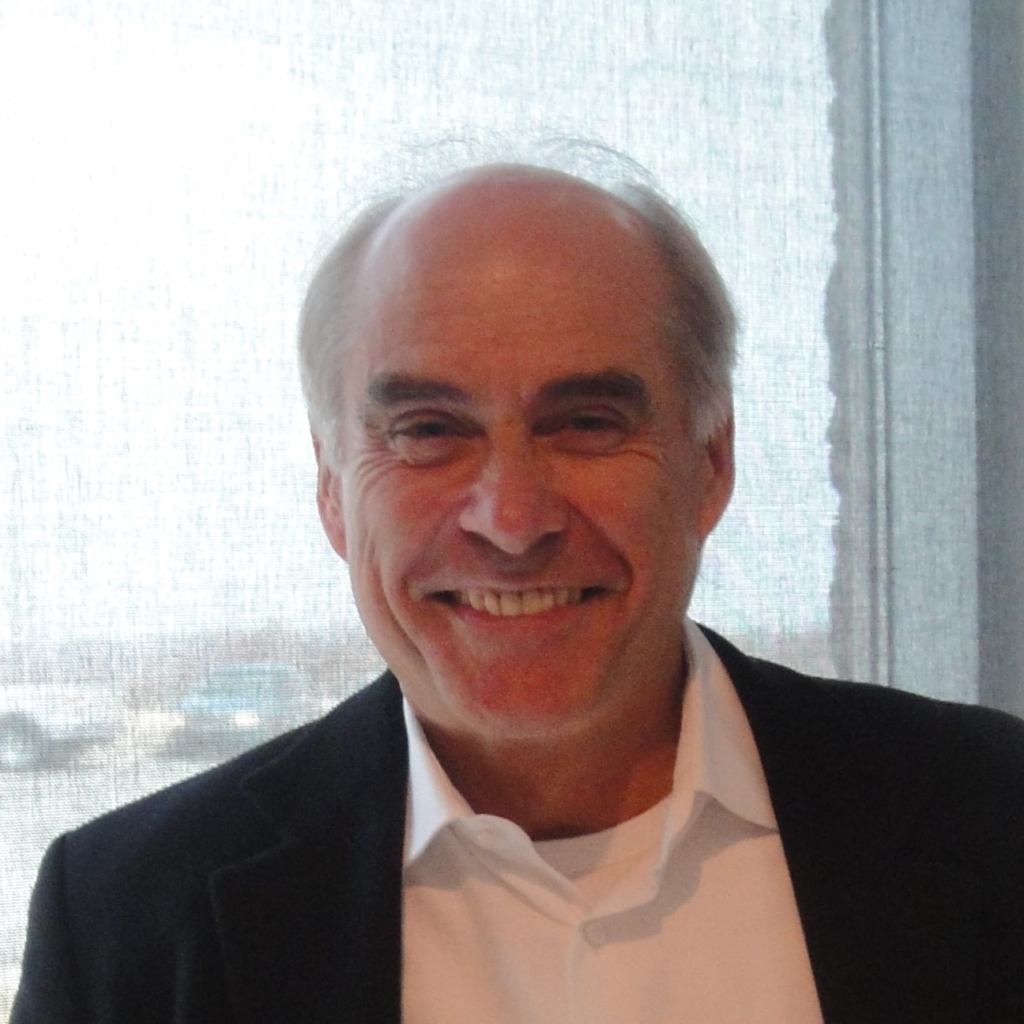
Dr. Brian Rush
Co-Founder/Peer Reviewed Talk
Brian has worked for over 45 years as a substance use/mental health researcher with the Centre for Addiction and Mental Health (CAMH) where is currently appointed as Scientist Emeritus. Brian is a Full Professor at the University of Toronto in the Dalla Lana School of Public Health and Psychiatry, and also holds a position as Collaborating Scientist at the Homewood Research Institute. His work spans population health, evaluations of mental health and addictions treatment services and systems, including those focused on alternative and traditional medicine. Brian is currently the Project Leader for the multi-site study known as the Ayahusaca Treatment Outcome project (ATOP). He is also active in facilitating the collaboration among Canadian researchers, students and policy makers interested in psychedelic science, including traditional plant-based medicine.

Tatiana Sanchez
Peer Reviewed Talk
Tatiana is a third year PhD student in the clinical psychology program at UBC. She will be presenting her dissertation project at the Research 2 Reality Conference. As an immigrant from Colombia, she is constantly thinking about the impact of race, ethnicity, culture, language, acculturation status, and nationality on health outcomes. She is particularly interested in how different aspects of our identity can be barriers to seeking treatment for mental health. As a clinician-in-training, Tatiana is interested in expanding accessibility for mental health treatment and reducing the stigma of mental health in BIPOC communities.

Mary Sanders
Master of Ceremonies
Mary Sanders is a committed licensed clinical social worker, psychotherapist, and social justice advocate. Mary's experience is working with Black, Indigenous, and People of Color (BIPOC), 2SLGBTQIA+, veterans, immigrants, and refugees from Iraq and Syria, and foster youth. Mary is committed to treating trauma, certified in Trauma-focused Cognitive Behavioral Therapy, and is a somatic experiencing psychotherapist in-training. Additionally, Mary is a trained psychedelic-assisted therapist from the California Institute of Integral Studies' Center for Psychedelic Therapies and Research, MAPS, and Ketamine Training Center. Mary integrates her extensive training and lived experience in her private practice, EMPATH Center, and social work role at Veteran Affairs’ homeless program in San Francisco, CA.
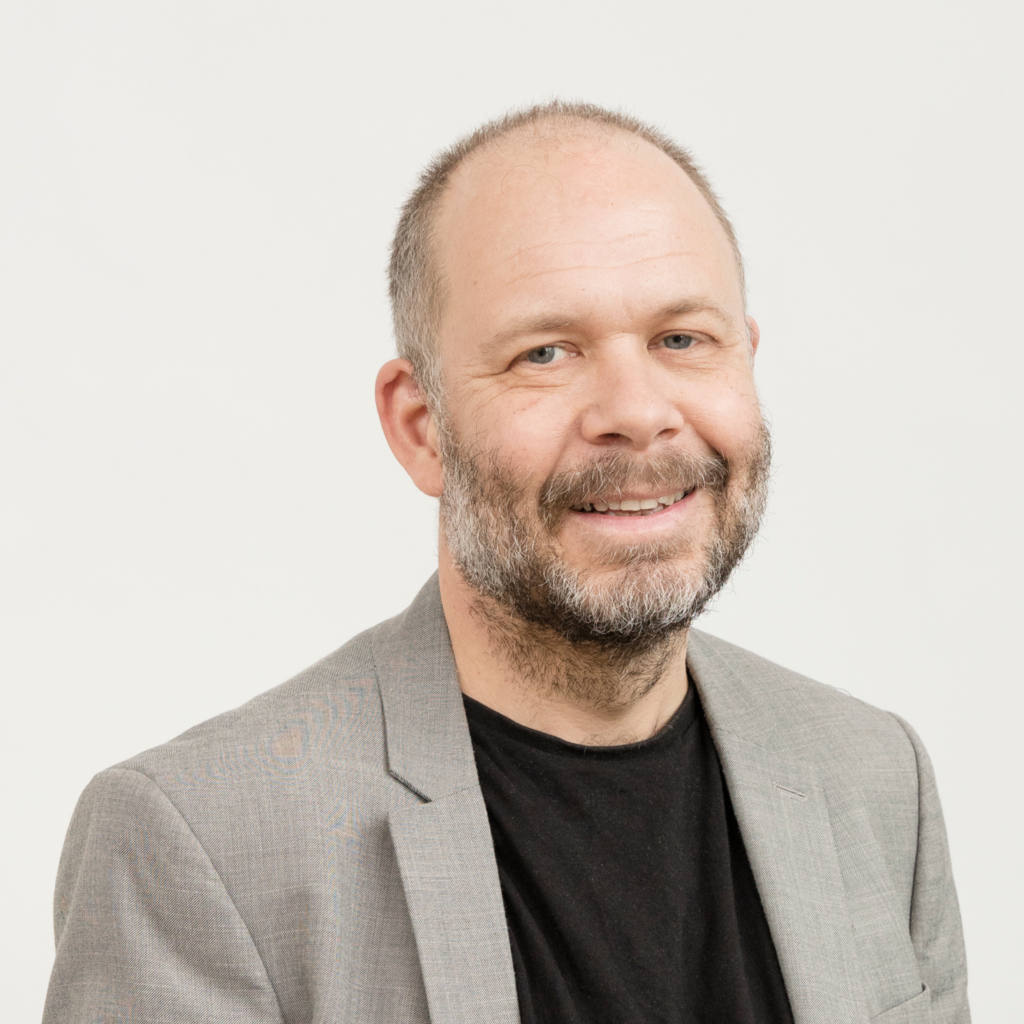
Dr. Ben Sessa
Panelist/Peer Reviewed Talk
For over 15 years Dr Ben Sessa has been at the forefront of psychedelic research in the UK through his affiliations with Imperial College London. Ben qualified as a medical doctor from UCL in 1997 and went on to specialise in psychiatry. For 30 years he has worked as a consultant child and adolescent psychiatrist with young people and with adult patients in the field of addictions and trauma-related psychiatry. Ben started studying psychedelics as a junior doctor, and has taken part in research projects at Bristol University, Cardiff University and Imperial College London with LSD, psilocybin, DMT, ketamine and MDMA - receiving and/or administering all of these compounds in legal research settings. One of the first doctors to develop the field of contemporary psychedelic research in the UK, he is now the Chief Medical Officer at Awakn Life Sciences, a company opening twenty high street psychedelic medical clinics throughout Europe, providing psychedelic psychotherapy – initially with ketamine, then with MDMA and psilocybin - for a wide range of psychiatric indications. He was one of the first Medical Cannabis psychiatric prescribers in the UK. Ben is an approved and registered MDMA, ketamine and psilocybin therapist. He has led research into MDMA-assisted therapy for Alcohol Use Disorder and is published widely in the academic and medical press. Ben is the co-founder and past president of the Breaking Convention conference. He is the author of The Psychedelic Renaissance (2012/2017), the novel 'To Fathom Hell or Soar Angelic' (2015) and Altered States (2021). Ben lives and works in Bristol, UK.
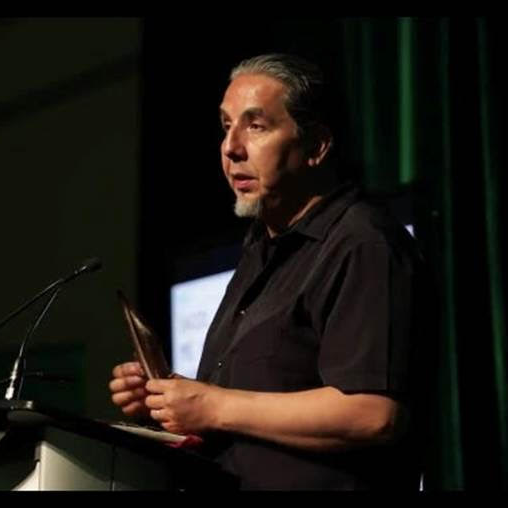
Clayton Shirt
Closing Ceremony
Clayton is a traditional knowledge practitioner of holistic health and wellness, lecturer, educator and historian. His worldview and understanding of life is based on living his whole life immersed in learning from his traditional Indigenous teachers, elders and family. He is currently the sitting traditional knowledge teacher/educator with Waakebiness-Bryce Institute for Indigenous Health, University of Toronto where he is able to bring his traditional perspective and vast experience in 'walking the good path' to scholars and educators. Also being able to bring wise counsel and support to indigenous students seeking higher learning. He was raised and currently lives in Toronto, with his wife and family of three children and his beautiful granddaughter.
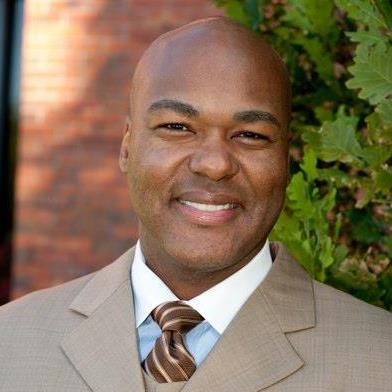
Dr. Darron Smith
Peer Reviewed Talk
Darron T. Smith, Ph.D., PA-C, DFAAPA is a US Army veteran and board-certified physician associate with a wealth of experience in primary care, behavioral health, and integrative medicine. He completed his medical training at the University of Utah in 1996 and later completed his Ph.D. at the University of Utah in 2010. Dr. Smith is presently a faculty member at the University of Memphis in the Department of Sociology, working with undergraduate and graduate students. He combines the roles of clinician, scholar, researcher, thought leader, and educator to find evidence-based solutions for people with mental illness. His unique background lends him a deep understanding of social and environmental factors that underscore mental illness.
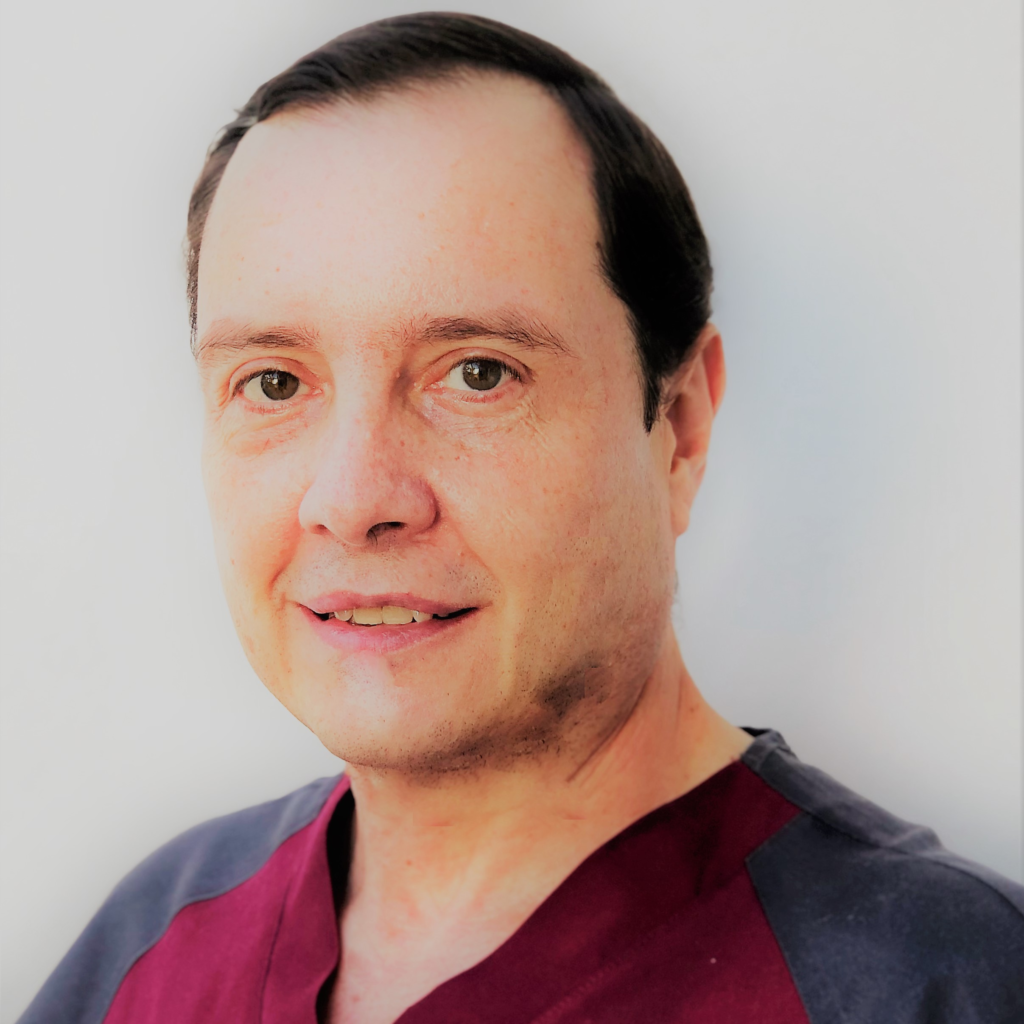
Dr. Alberto Solá
Peer Reviewed Talk
Dr Alberto Sola has the distinction of having treated more patients with ibogaine than any other person in the world and is head of operations at Clear Sky Recovery Cancun. Board Director in Universal Ibogaine a public trade Canadian company that is in the process of summiting to Health Canada trials for the approval of Ibogaine use in Canada. Dr. Sola graduated from Universidad Anahuac Mexico city. Trained Emergency Medicine physician.

Dr. Balázs Szigeti
Peer Reviewed Talk
Balázs studied physics at Imperial College and then earned a PhD in computational neuroscience from the University of Edinburgh. After graduating, he spent a few years as a biomedical software engineer at the Icahn Institute of Genetics in New York to create tools for whole cell modeling. He became involved with psychedelics science in 2016, when he collaborated with the Global Drug Survey to show that neuroimaging studies overestimate the harm of recreational MDMA use. He invented 'self-blinding', a novel methodology that enables self-experimenters to incorporate placebo control into their experimentation without clinical supervision. Using this methodology, Balázs designed and lead the self-blinding microdose study, the largest placebo-controlled study on psychedelics microdosing to-date. Balázs currently investigates the intersection of placebo effects and psychedelic medicine, while also continuing to setup new citizen science initiatives using the self-blinding methodology.
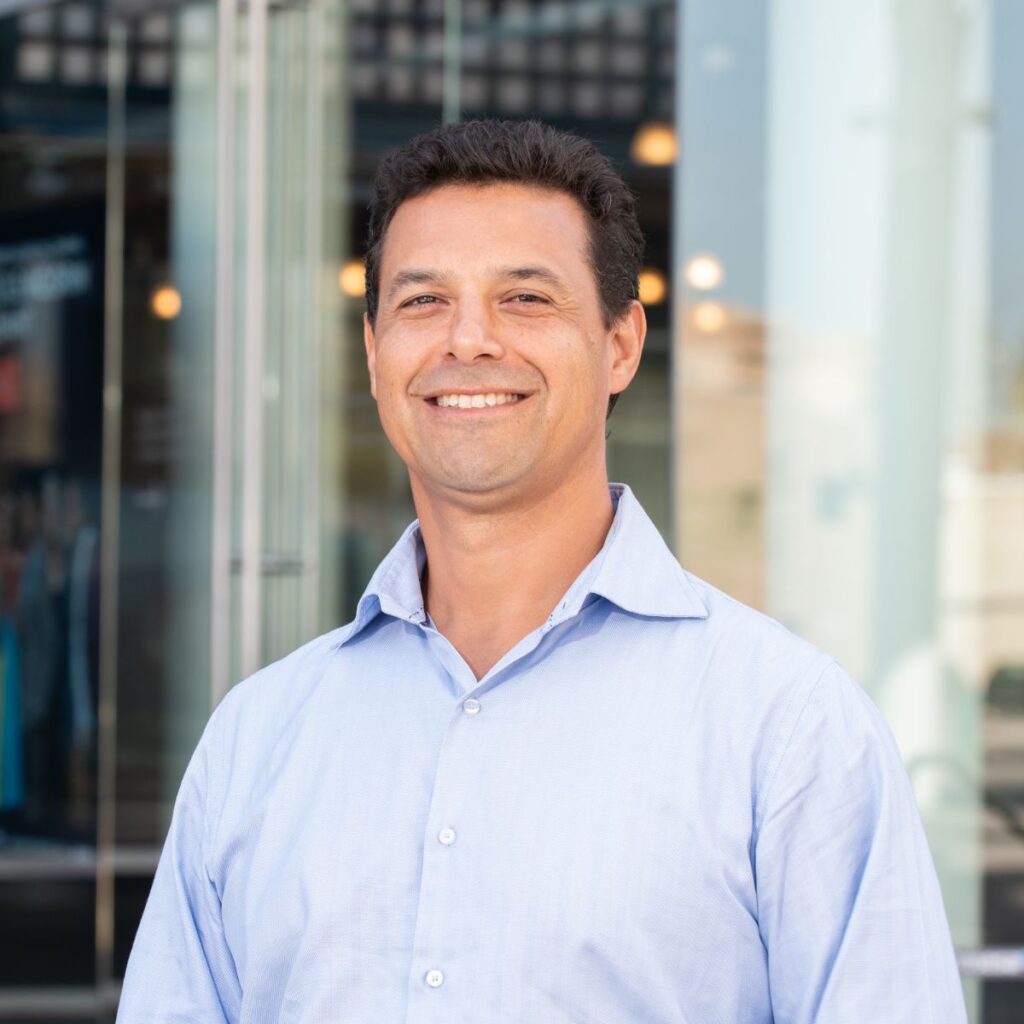
Dr. Joe Tafur
Keynote Speaker/Moderator
Dr. Joe Tafur is a Colombian-American Physician and curandero based in Phoenix, Arizona. He is an Ayahuasquero with the multicultural community of the Church of the Eagle and the Condor. Dr. Tafur is also an educator and author of “The Fellowship of the River: A Medical Doctor’s Exploration into Traditional Amazonian Plant Medicine.”
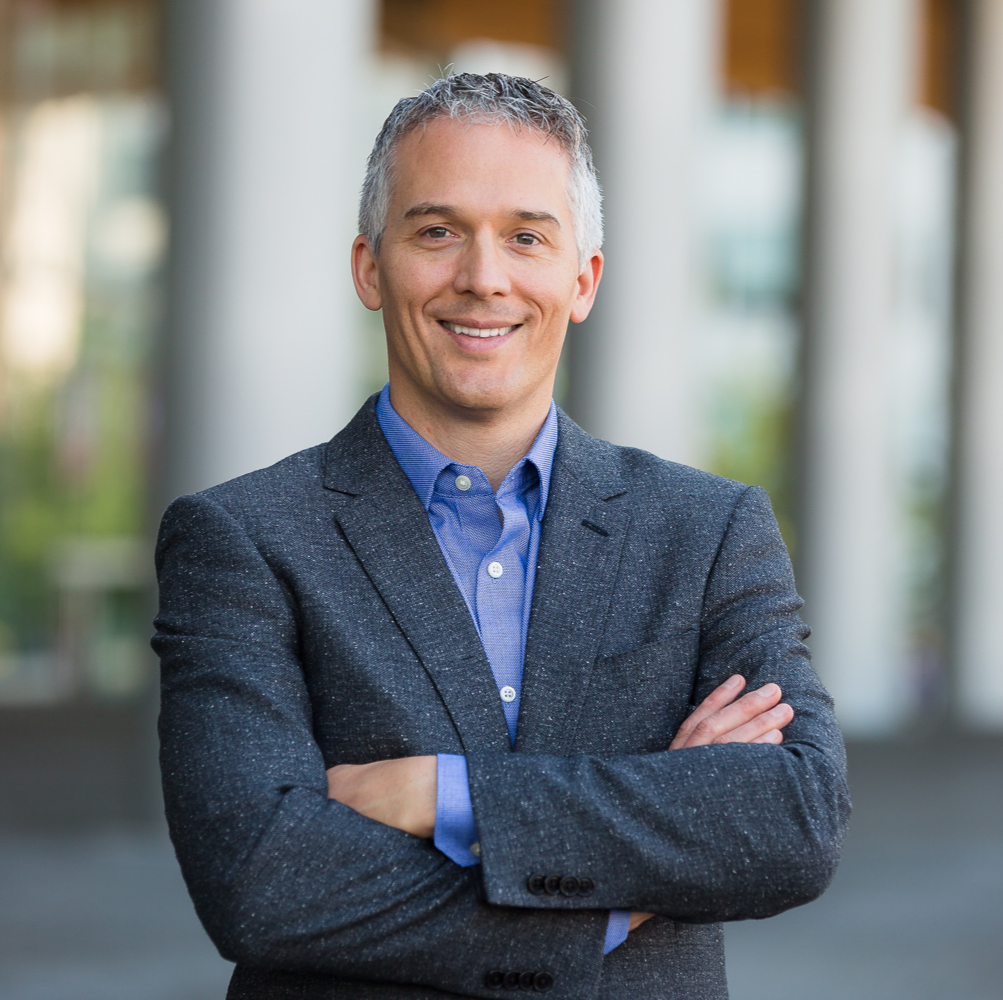
Dr. Kenneth Tupper
Peer Reviewed Talk/Panelist
Kenneth Tupper is an Adjunct Professor in the School of Population and Public Health at the University of British Columbia and Adjunct Professor in the School of Child & Youth Care at the University of Victoria. He is also the Director of Substance Use Prevention and Harm Reduction at the BC Ministry of Health. Kenneth’s doctoral research developed the concept of “entheogenic education,” a theoretical frame for understanding how psychedelic plants and substances can function as cognitive tools for learning. His current research interests include: psychedelic studies; the cross-cultural and historical uses of drugs; public, professional and school-based drug education; and creating healthy public policy to maximize benefits and minimize harms from psychoactive substances. He has published in numerous peer reviewed academic journals, presented at international health and drug policy conferences, and has twice been appointed to Canadian delegations to high-level United Nations international drug policy meetings.
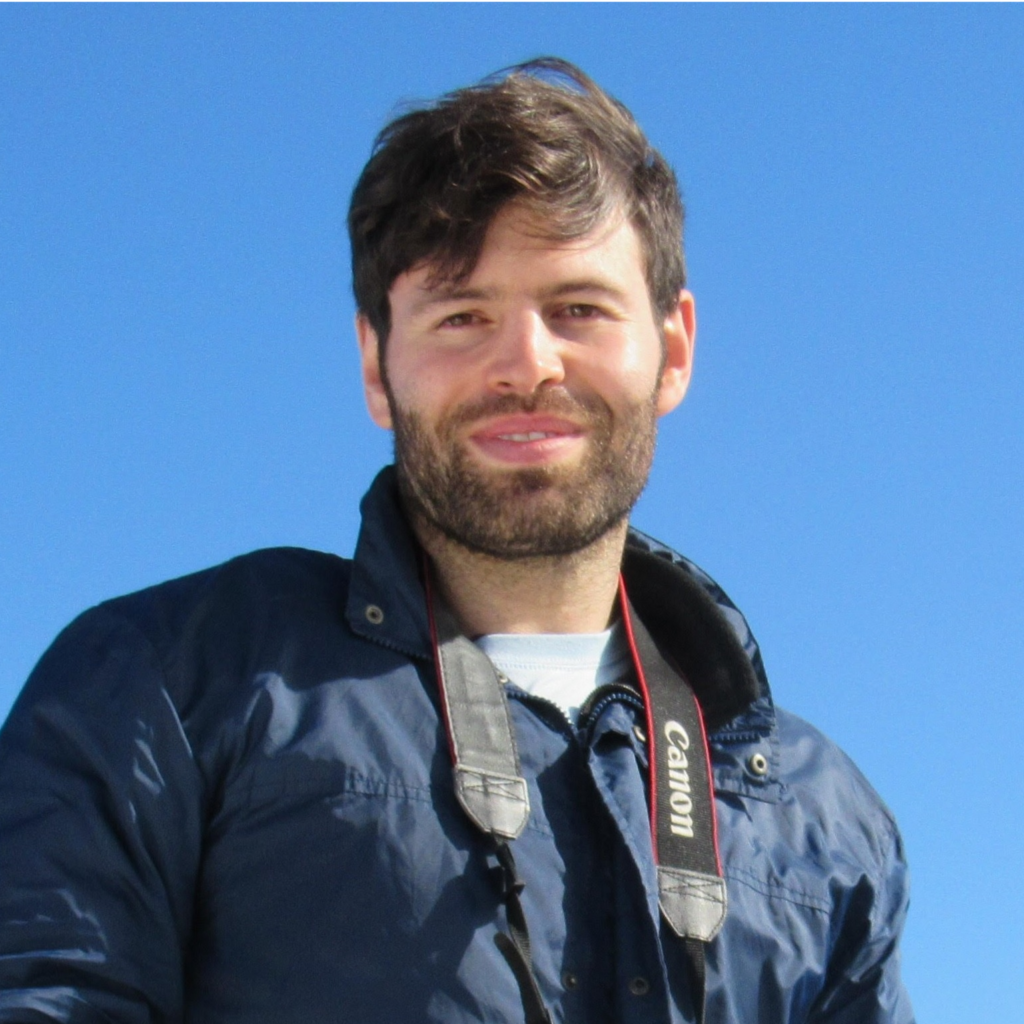
Dr. Brandon Weiss
Peer Reviewed Talk
Brandon Weiss PhD is a Clinical Psychologist exploring the psychological and physiological mechanisms by which psychedelics, including plant medicines, impact personality, depression, and post-traumatic stress. Brandon is a researcher at Imperial College London’s Centre for Psychedelic Research, where he leads the laboratory-based self-blinding Microdosing study. The study explores the effect of microdosing on cognitive and biological markers of plasticity and immune functioning. He completed his masters at Wake Forest University, doctorate at University of Georgia, and clinical training at the San Diego VA / UCSD consortium.

Dr. Monnica Williams
KEYNOTE SPEAKER/CO-FOUNDER/PUBLIC EVENT PANELIST
Dr. Monnica T. Williams is a board-certified licensed clinical psychologist and Associate Professor at the University of Ottawa, in the School of Psychology, where she is the Canada Research Chair in Mental Health Disparities. She is also the Clinical Director of the Behavioral Wellness Clinic in Connecticut, where she provides supervision and training to clinicians for empirically-supported treatments. Dr. Williams' research focuses on BIPOC mental health, culture, and psychopathology, and she has published over 150 scientific articles on these topics.
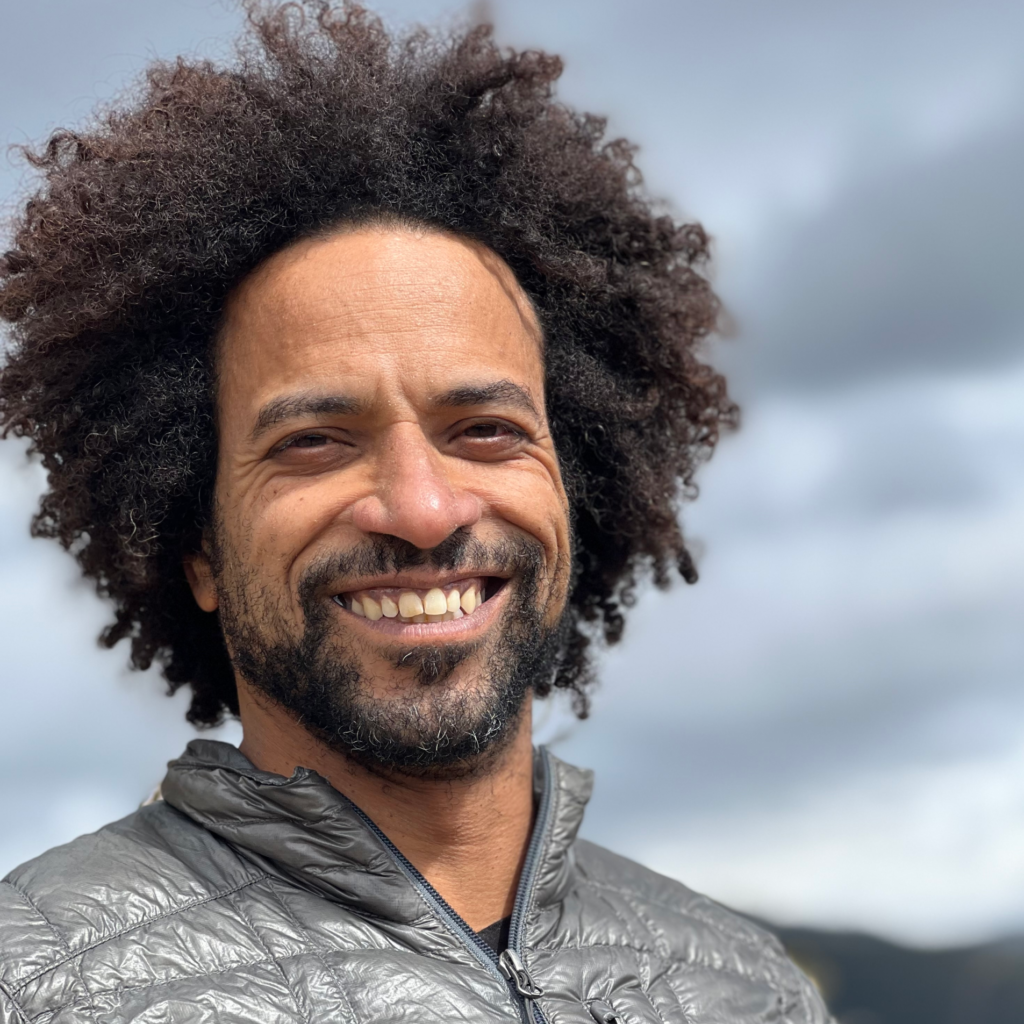
Chaikuni Witan
Peer Reviewed Talk
Chakuni is a Shipibo Plant Medicine Practitioner, author, speaker and Transformative Men’s Coach. Shipibo Plant Medicine is an indigenous healing technology from the Peruvian Amazon, renown for profound and often life changing transformations. Since 2012 he has trained in Peru under two highly respected indigenous Shipibo maestros, Enrique Lopez and Ricardo Amaringo. He considers it to be a great honor to be one of a very small number of westerners trained in this tradition. To his knowledge, he is the only black person with such training. He runs traditional Shipibo style retreats in the US and internationally. He also runs Men’s Retreats and is in the process of writing a book on masculinity. Both are based the perspective that the masculine and feminine were created to have a balanced and supportive relationship with one another. His work as a healing practitioner contributes to his writing and speaking about race and gender in a manner that focuses on inclusion and compassion, and considers the way trauma has shaped all of our lives. He has always had unique perspectives on race and masculinity. The child of black Jamaican man, and white American woman, he was raised in the US by his mother in an essentially all-white environment. As he did not have substantive interactions with black people until his adolescence he has always had an outsider/insider perspective on both white and black culture. Similarly, the complete absence of a father, or much in the way of male role modeling, resulted in his coming to his own understanding of masculinity as an adult, again from a very unique perspective. Prior to working with people, he studied film at NYU and worked for many years as a filmmaker.
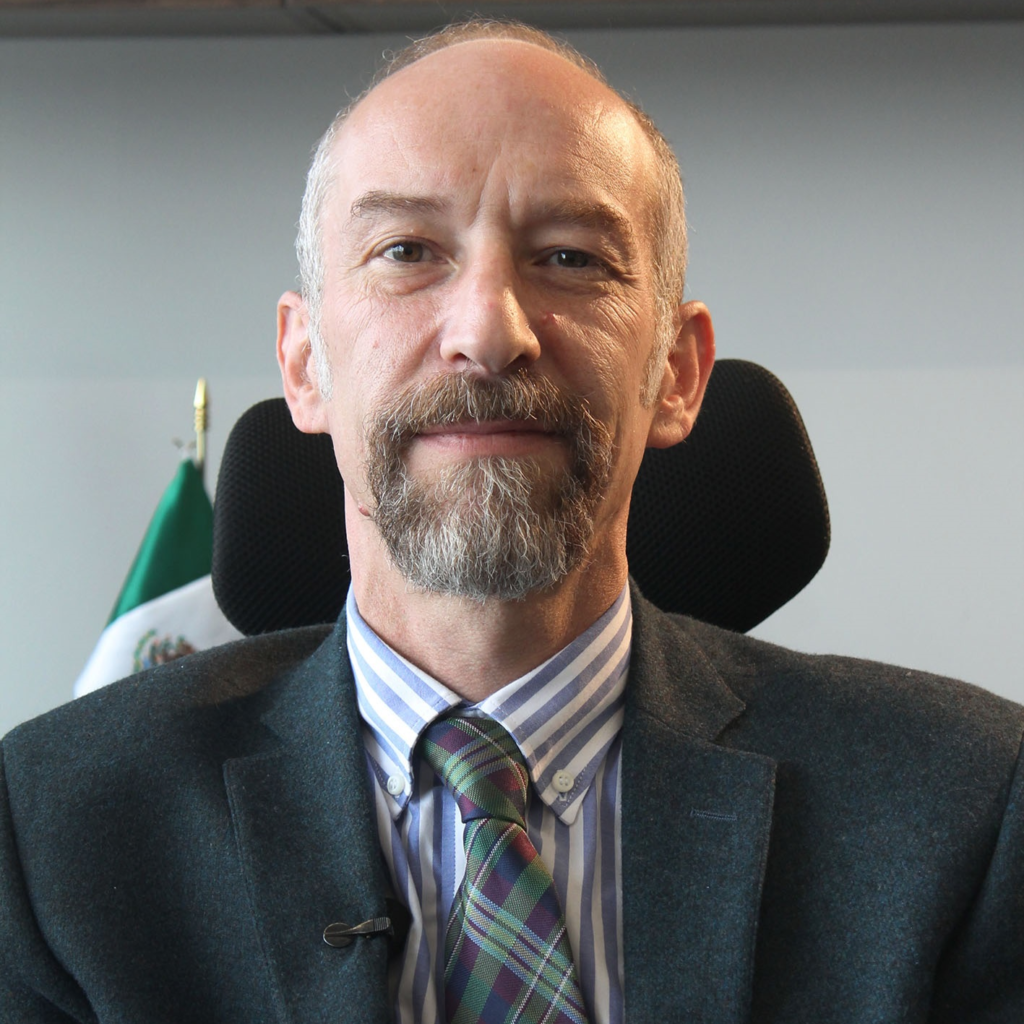
Gady Zabicky Sirot
Panelist
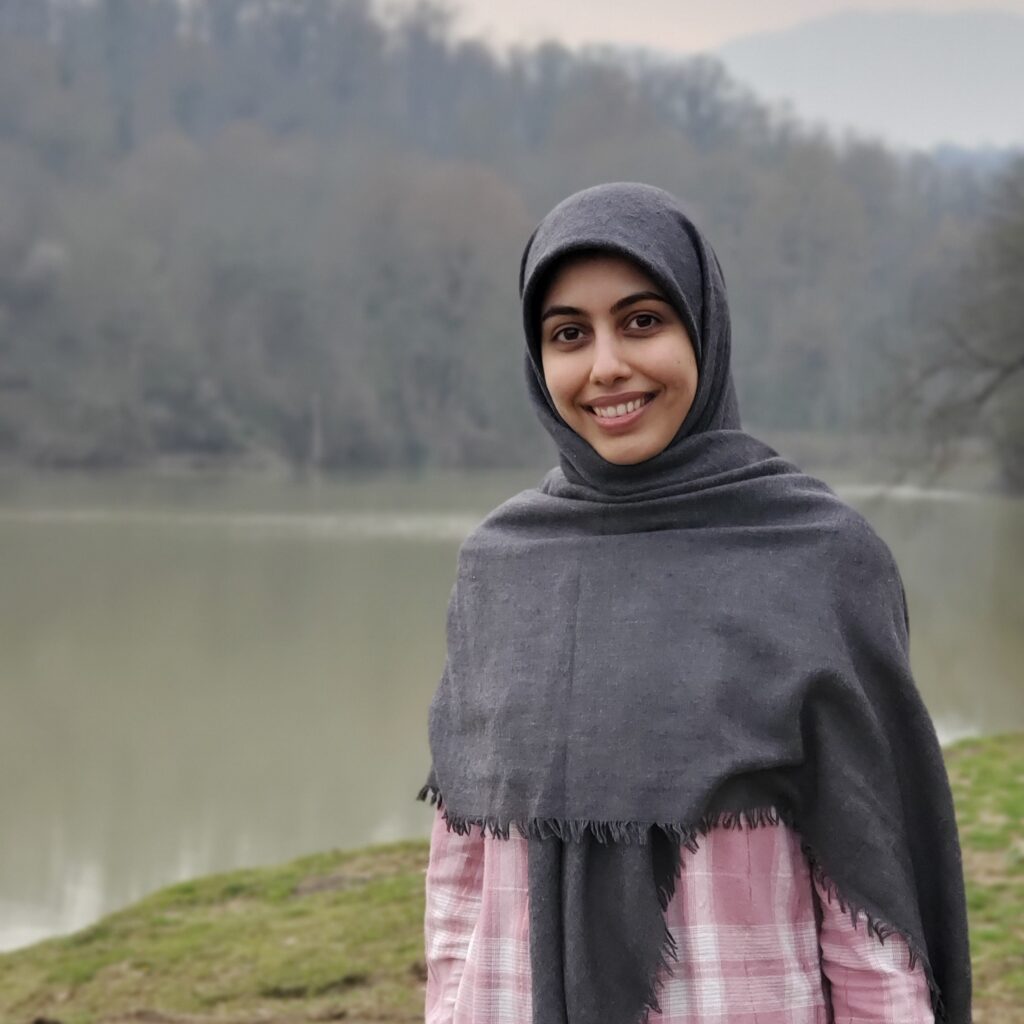
Dr. Manzar Zare
Peer Reviewed Talk
Manzar Zare is a doctoral student in Experimental Psychology at the University of Ottawa. Working at the Lab for Culture and Mental Health Disparities, under the supervision of Dr. Monnica Williams, she has primarily focused her research on racism and its effects on the mental health of marginalized groups in Canada.

Name
Type
Bio

Name
Type
Bio

Name
Type
Bio